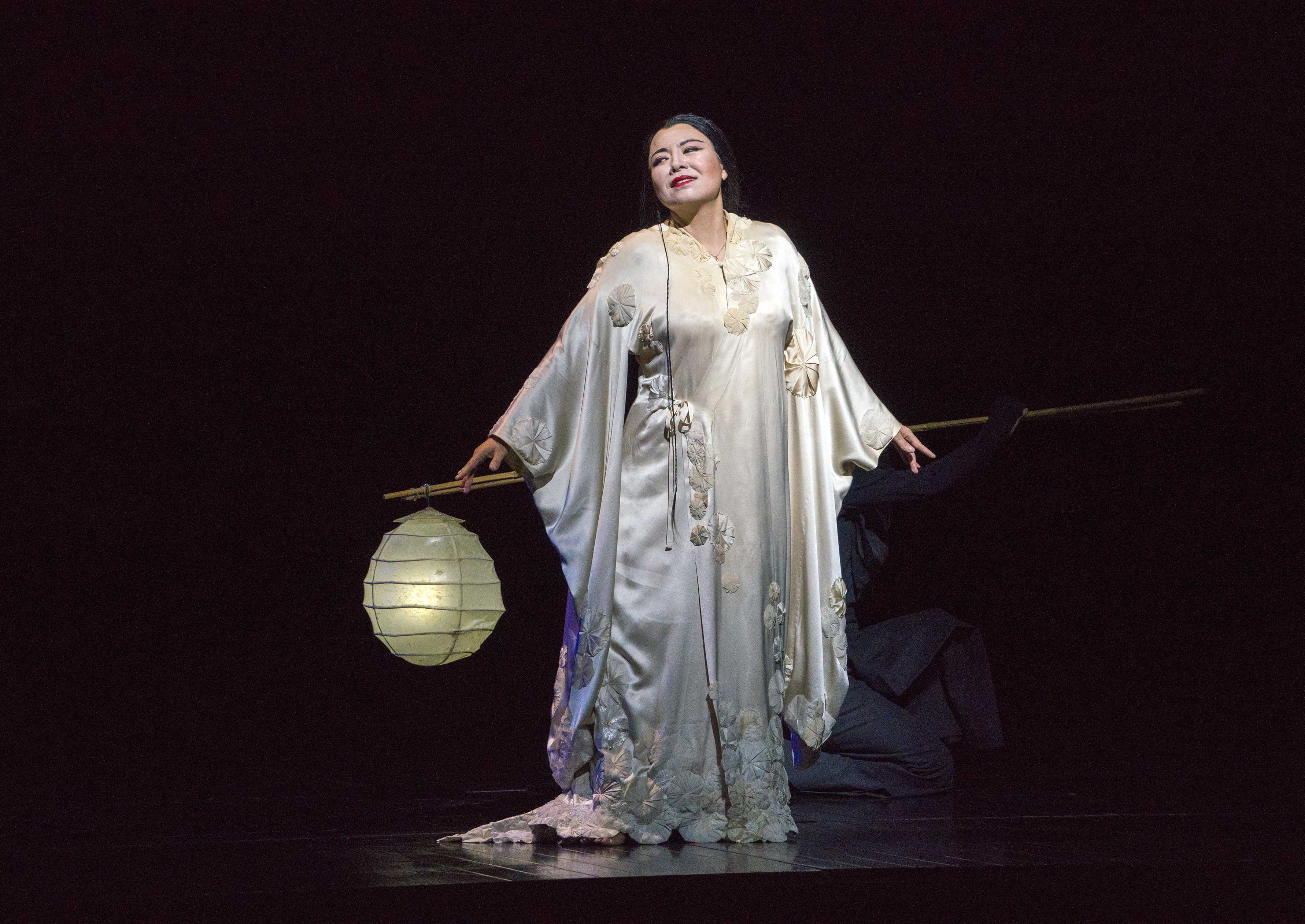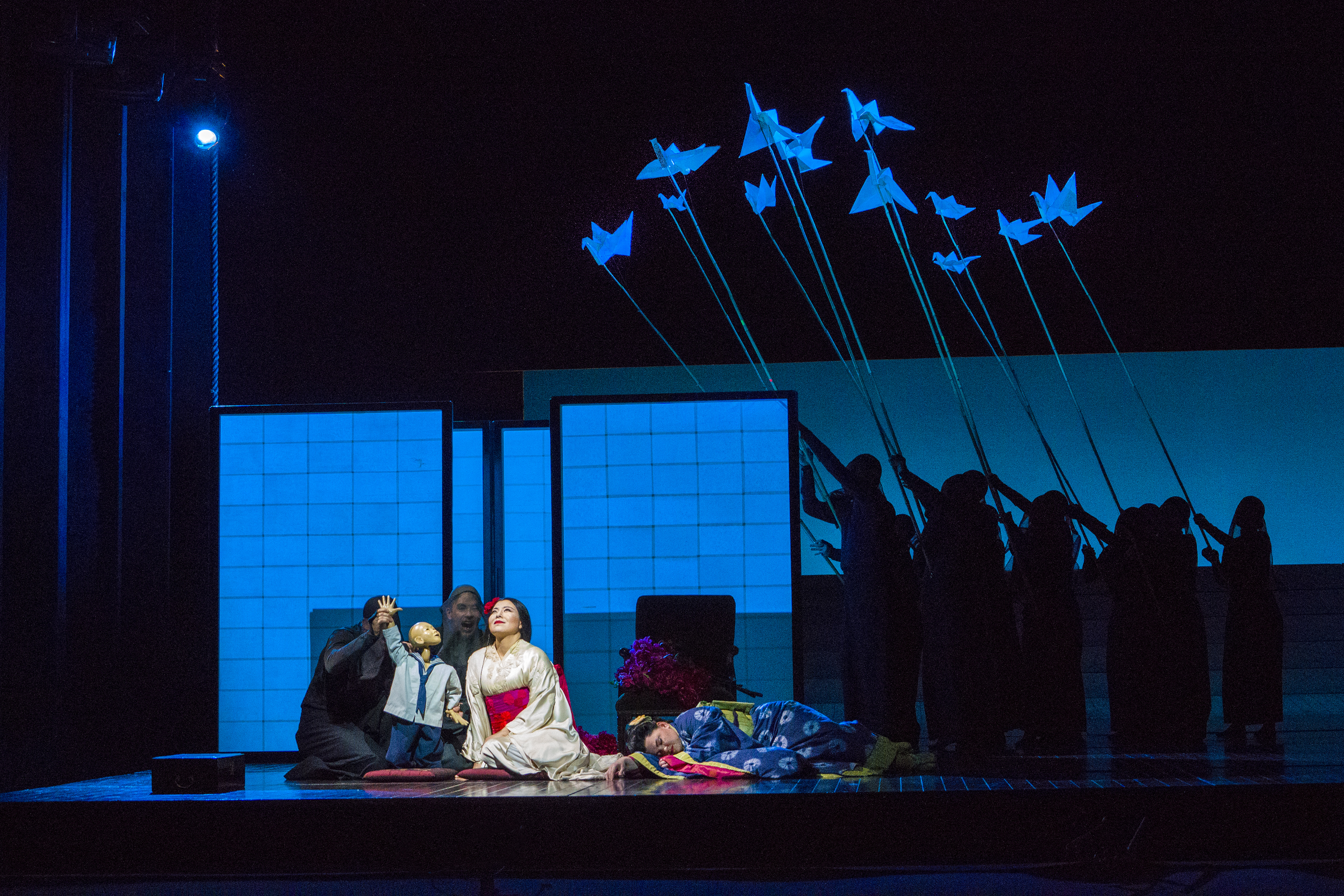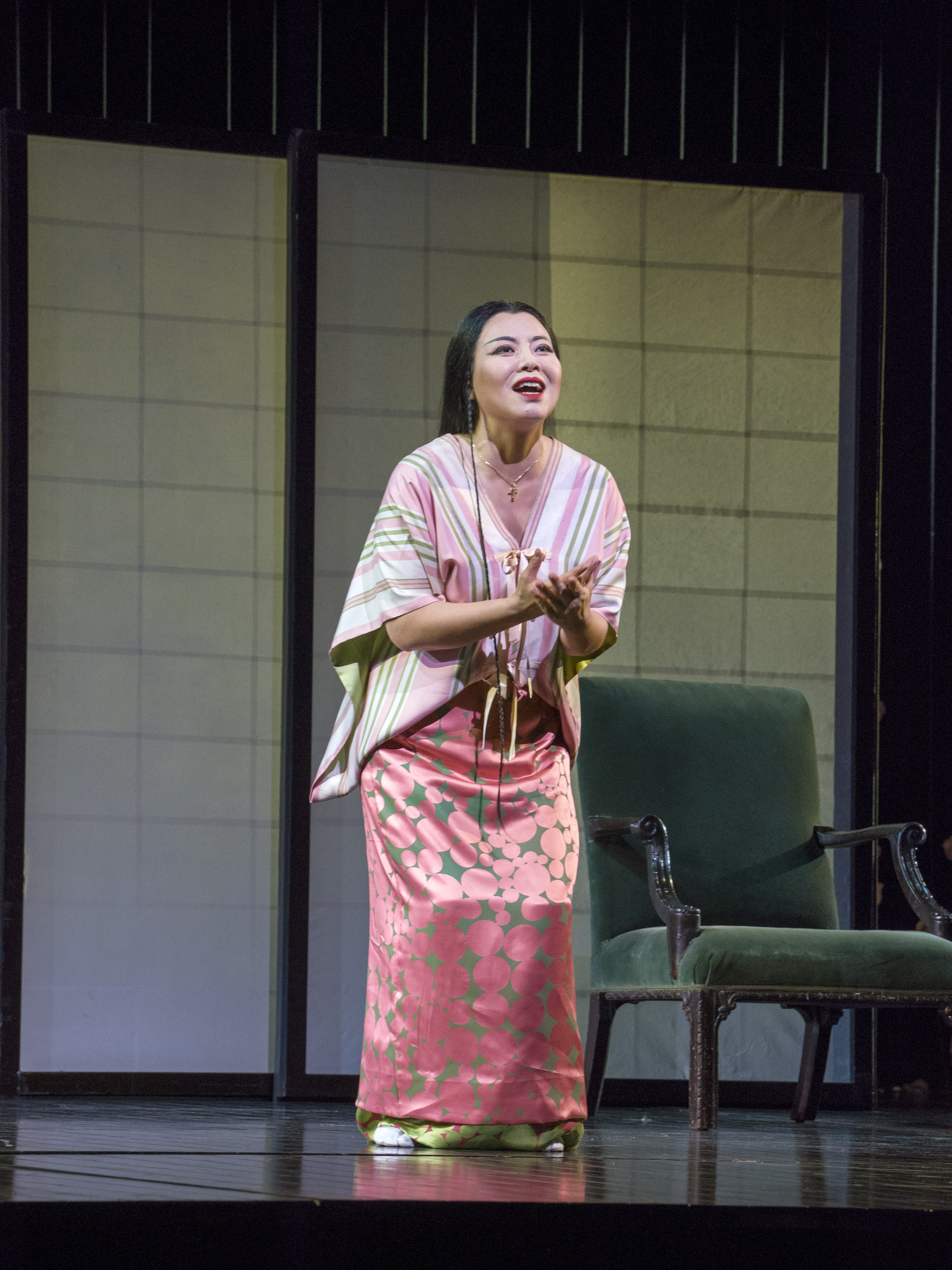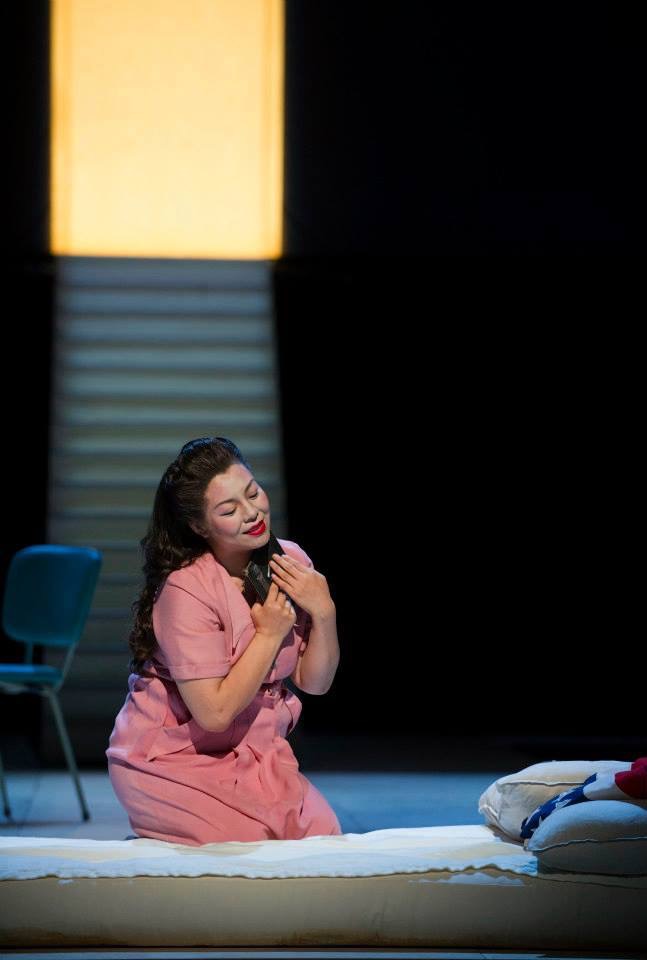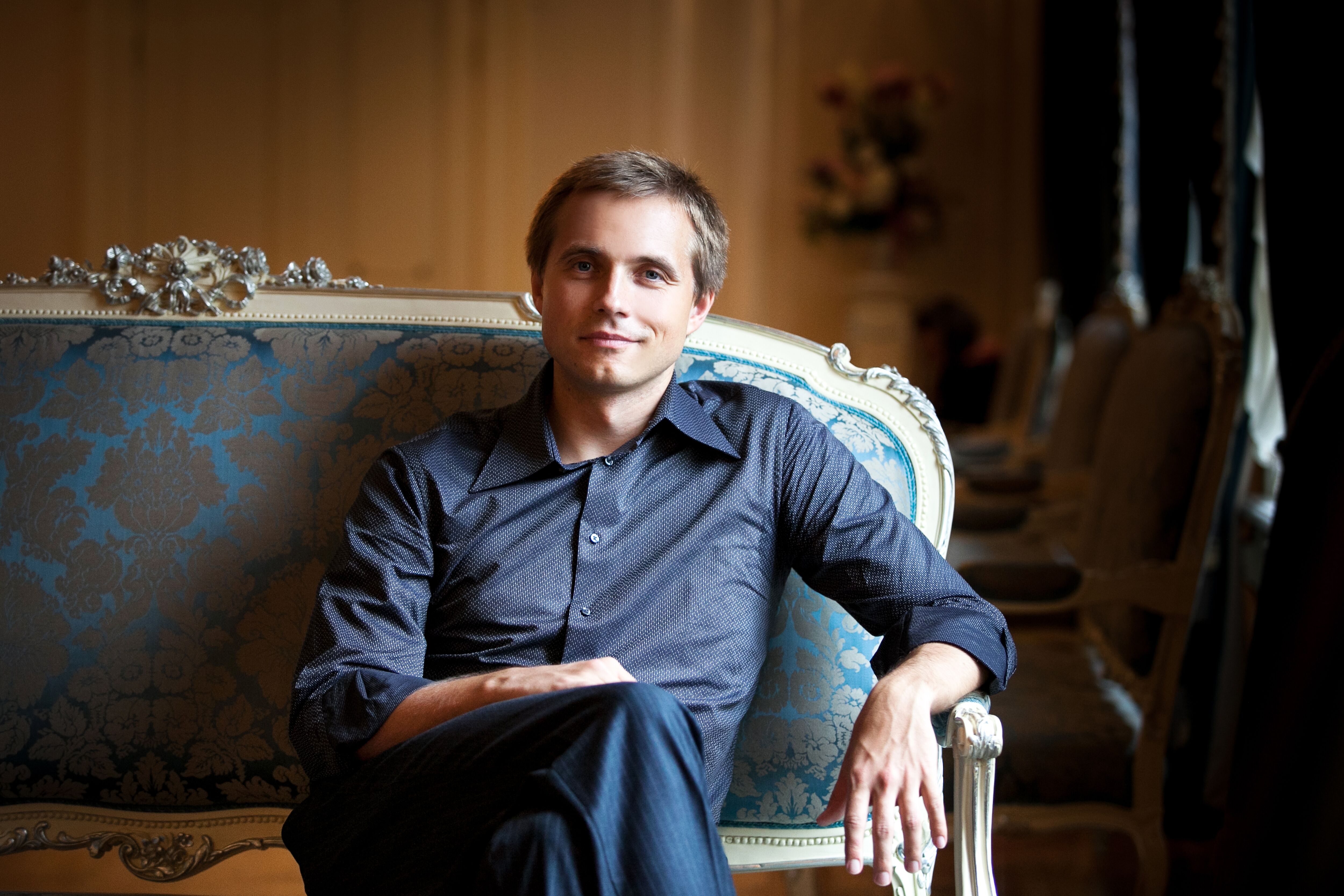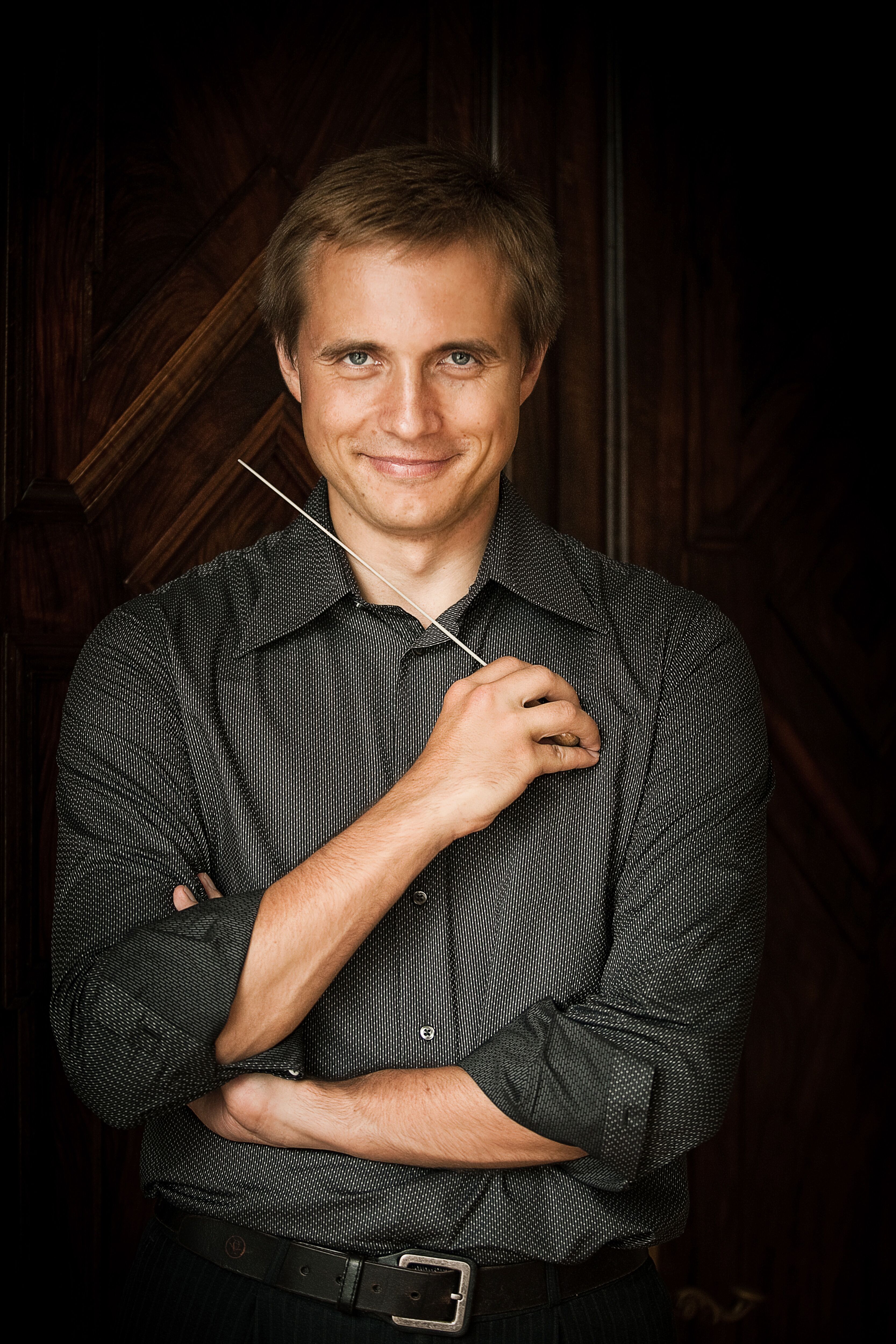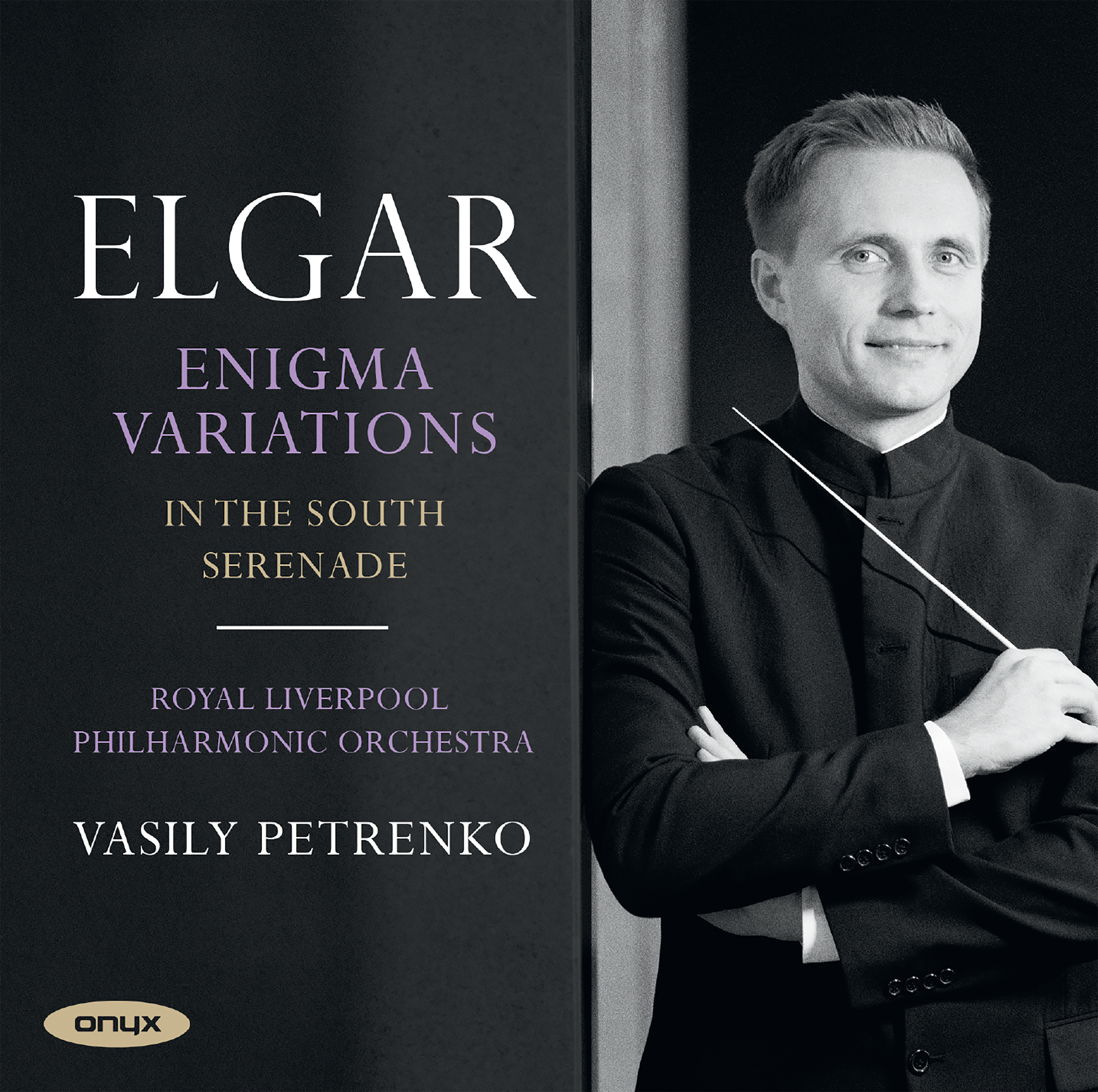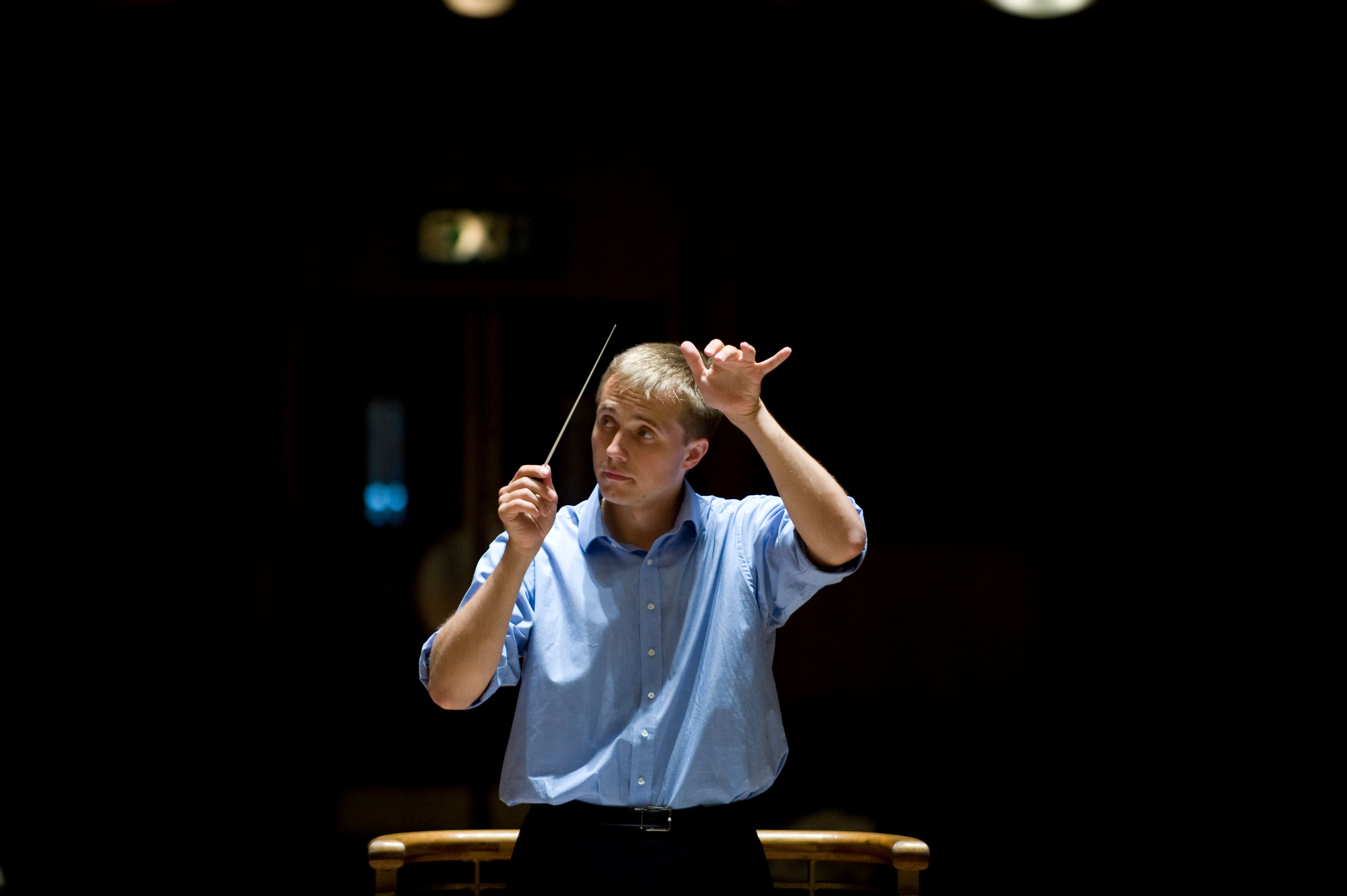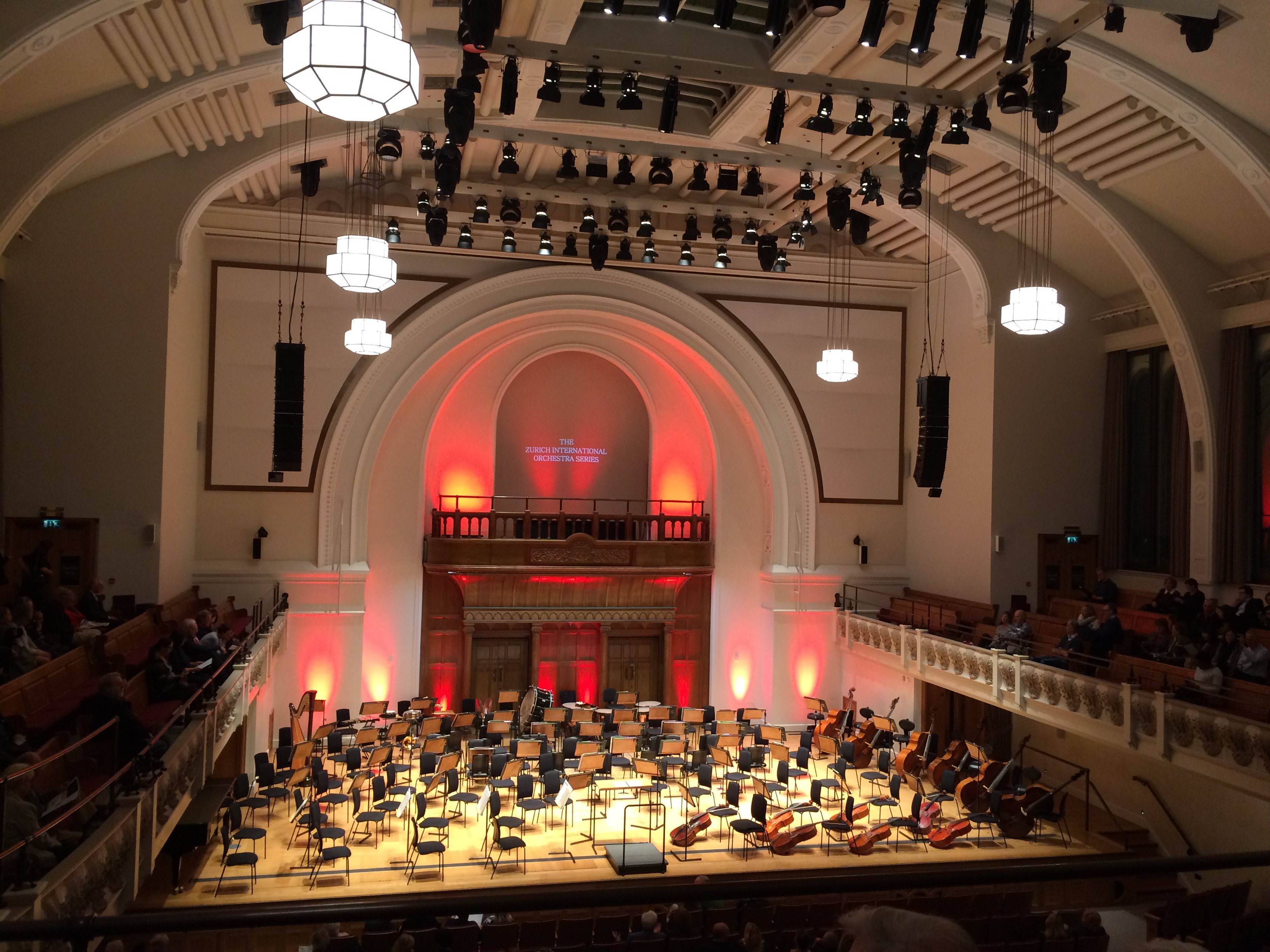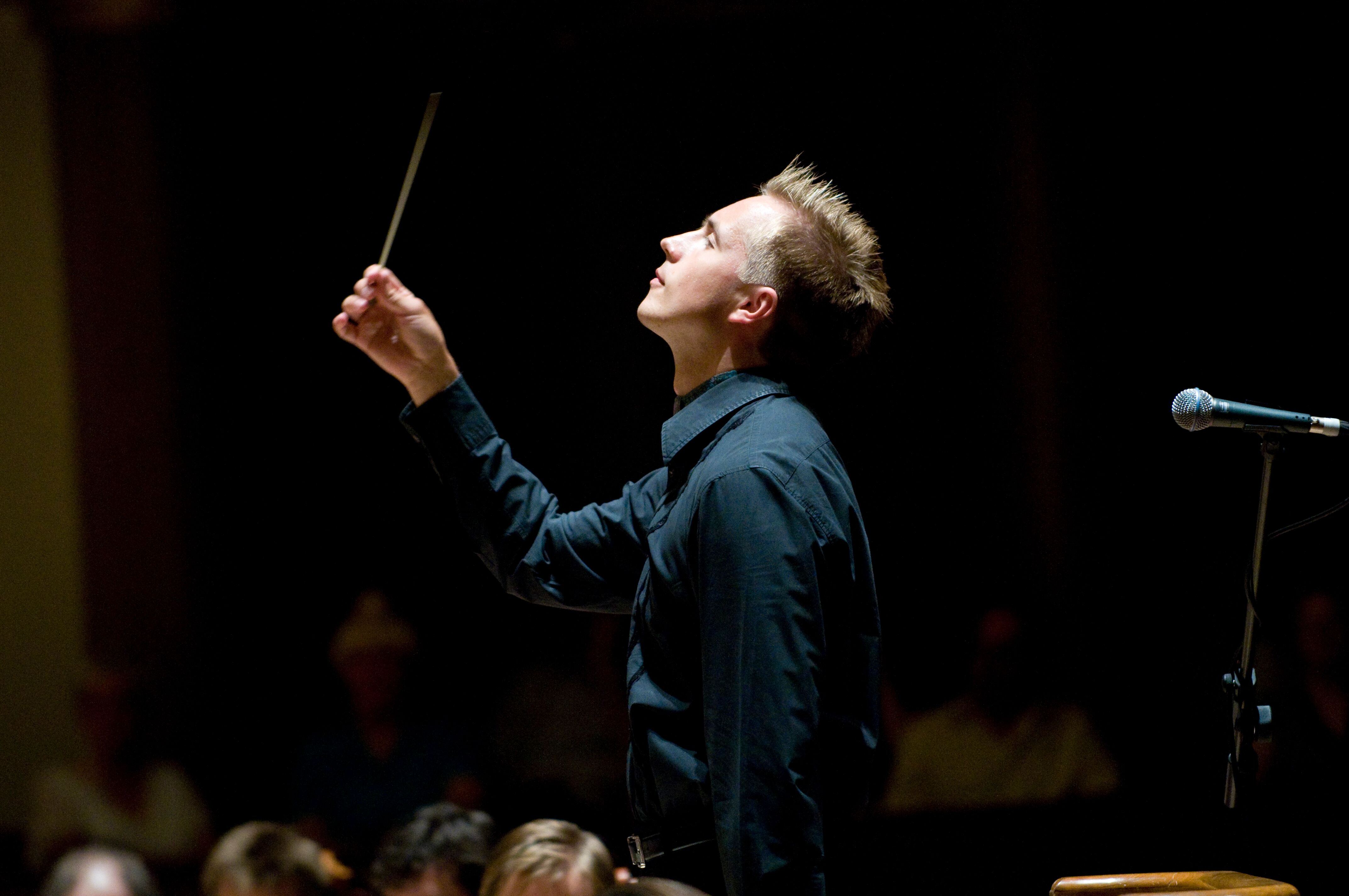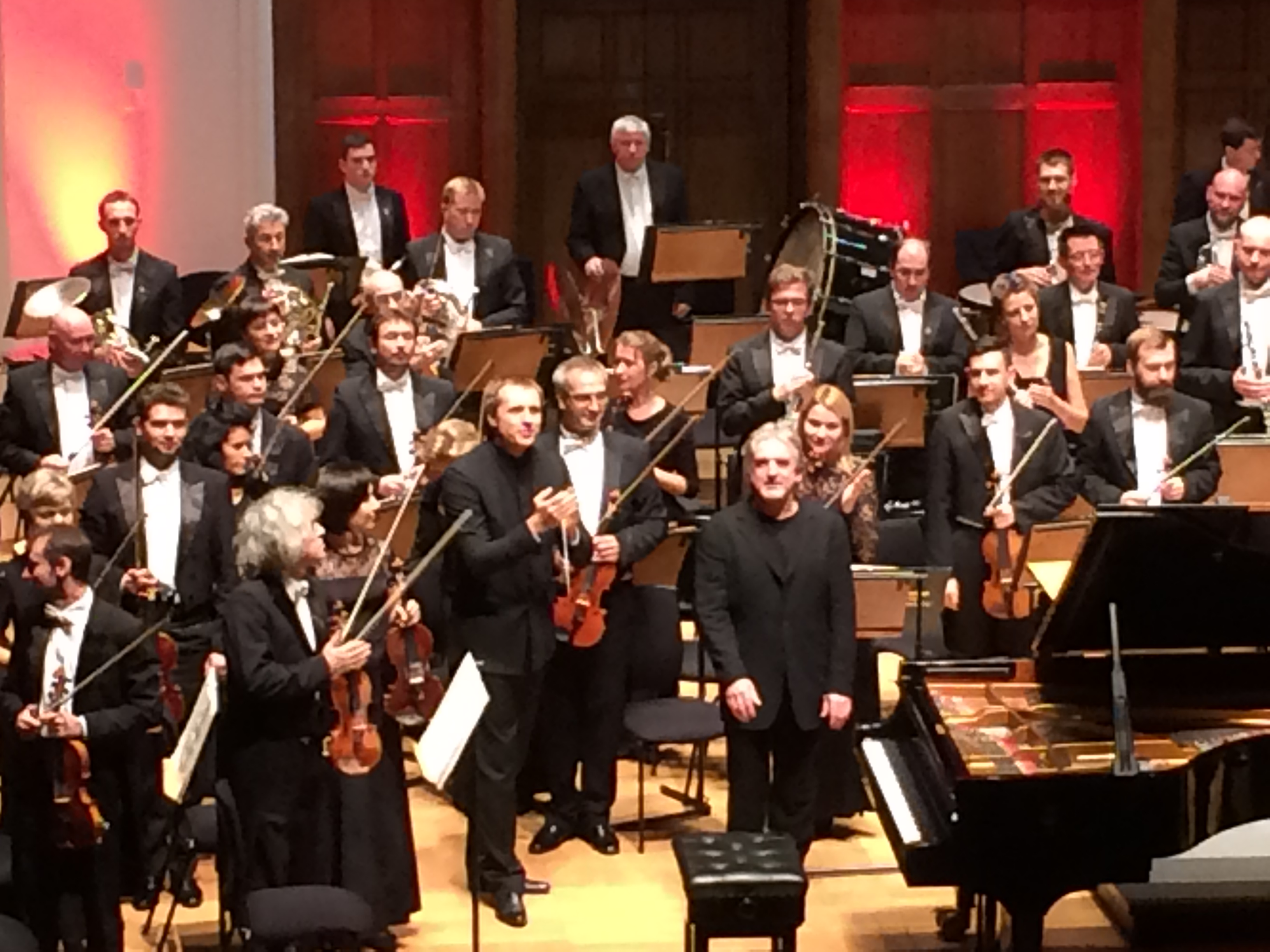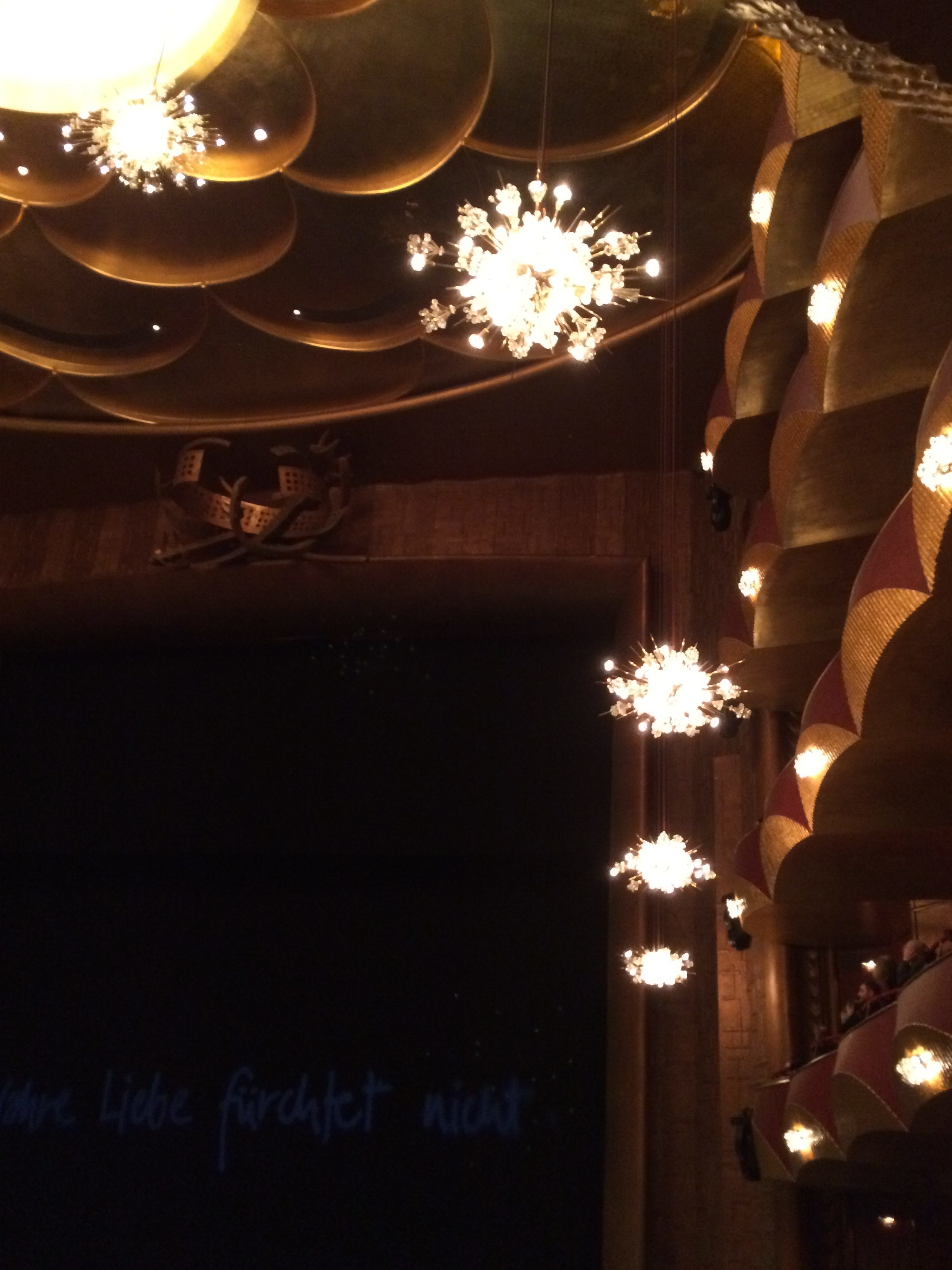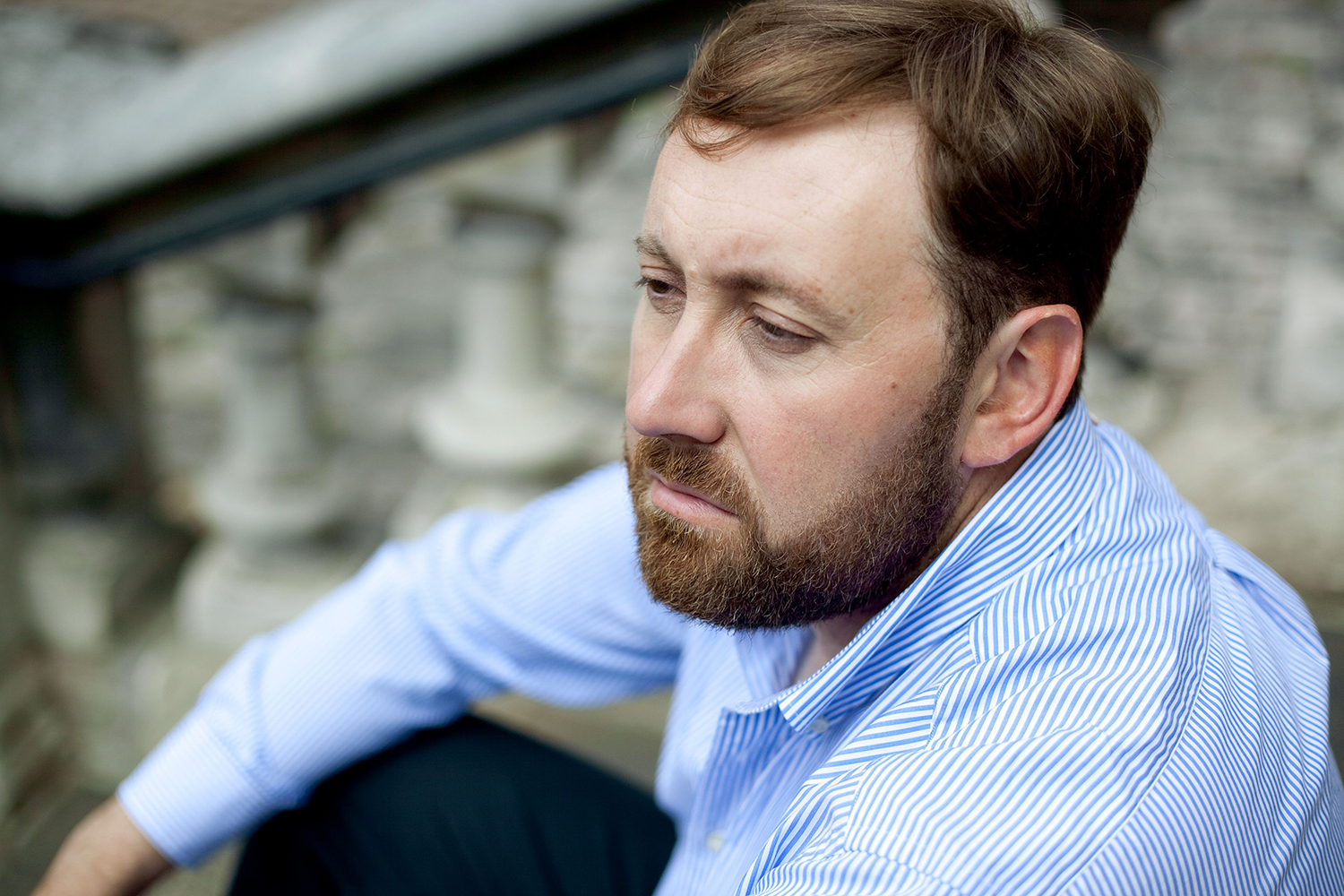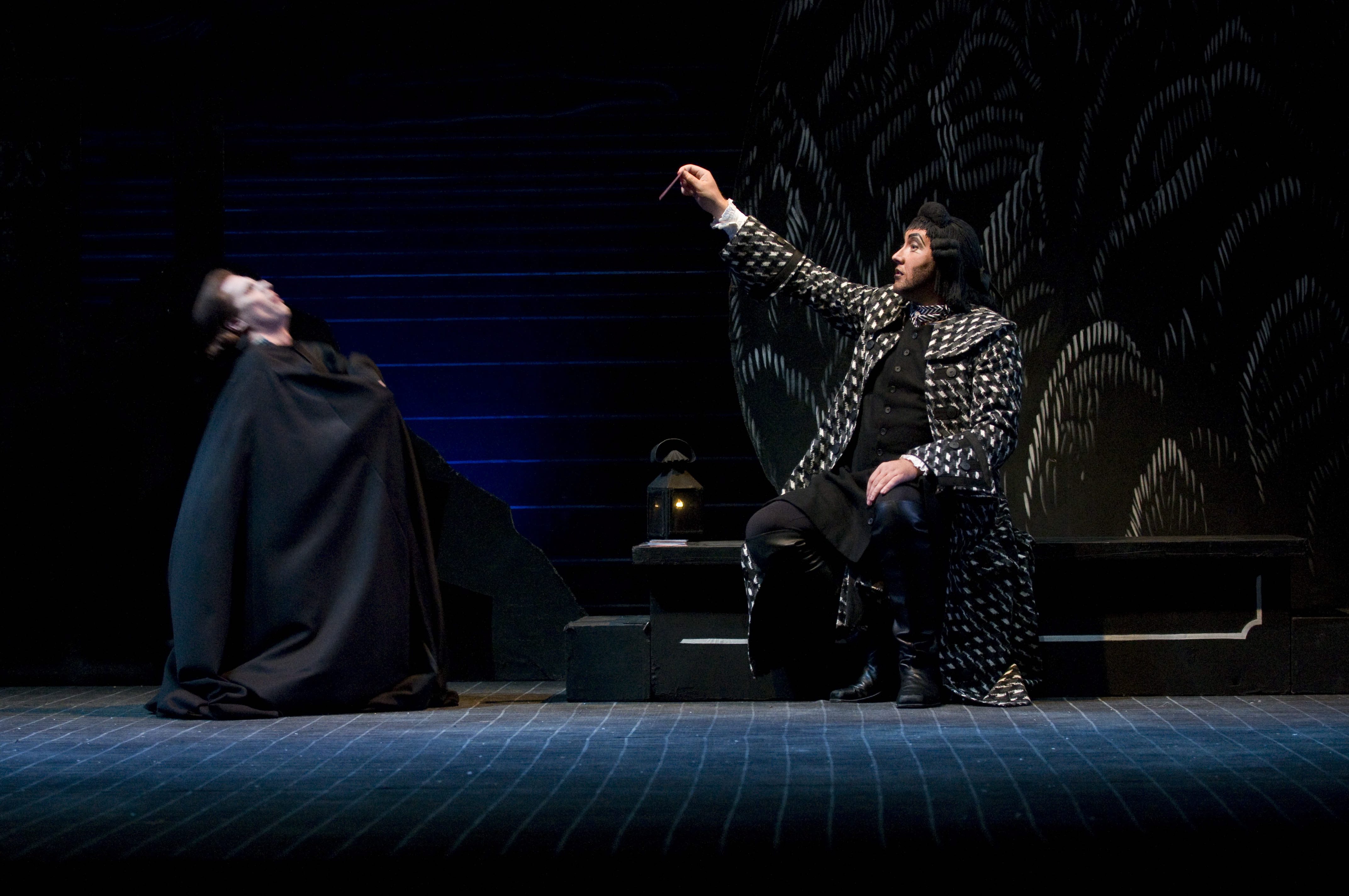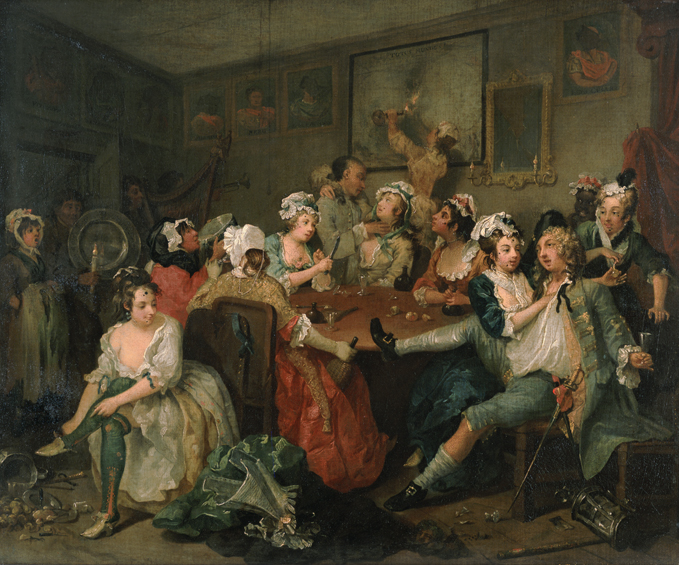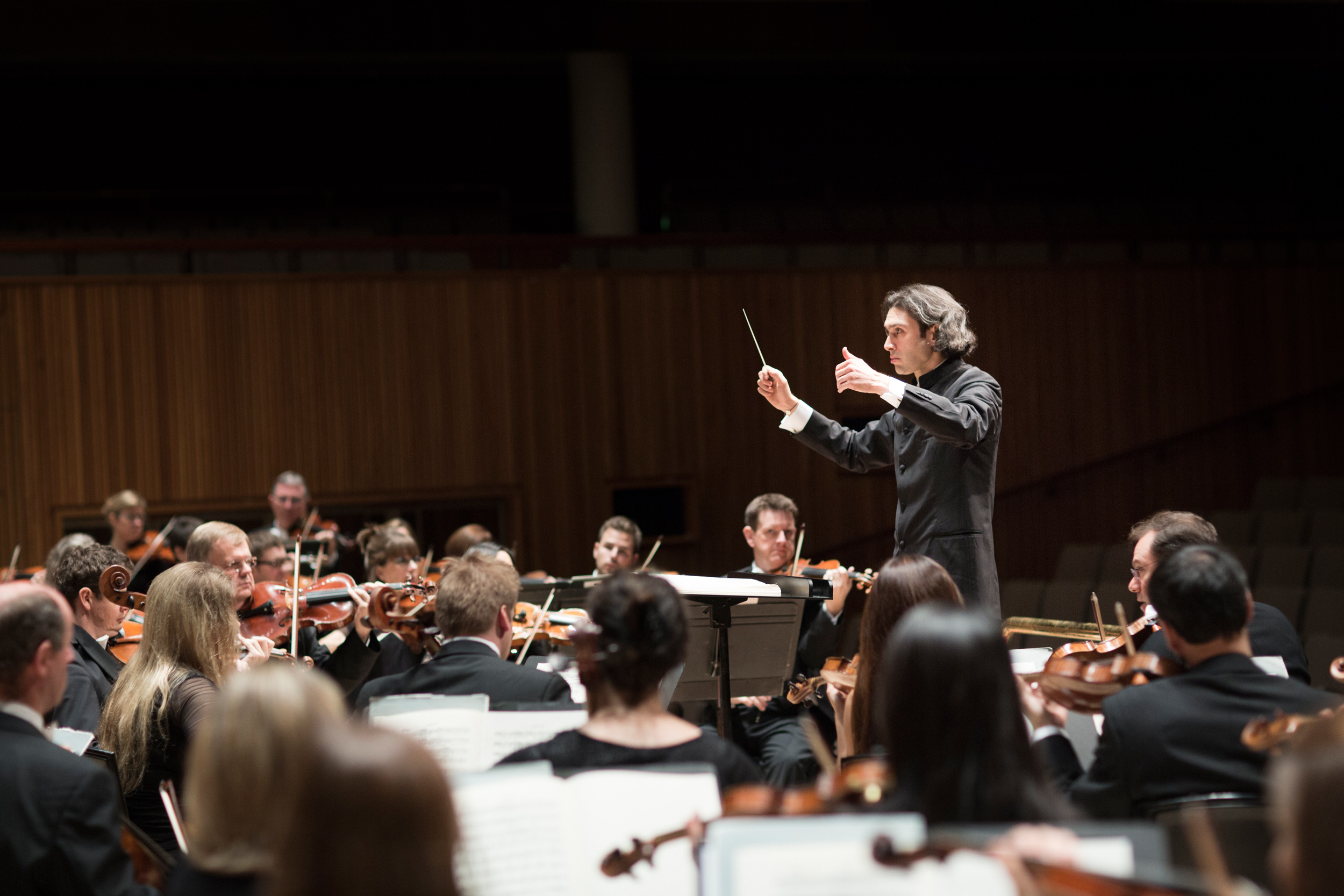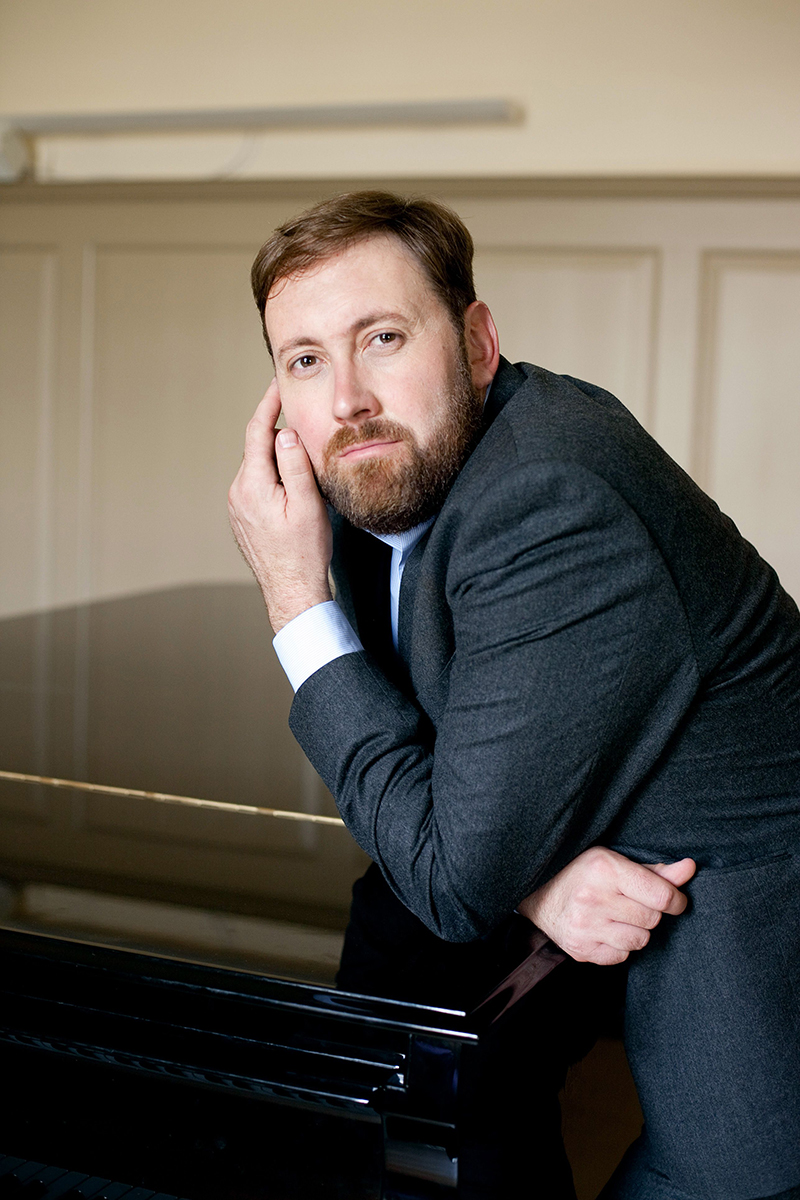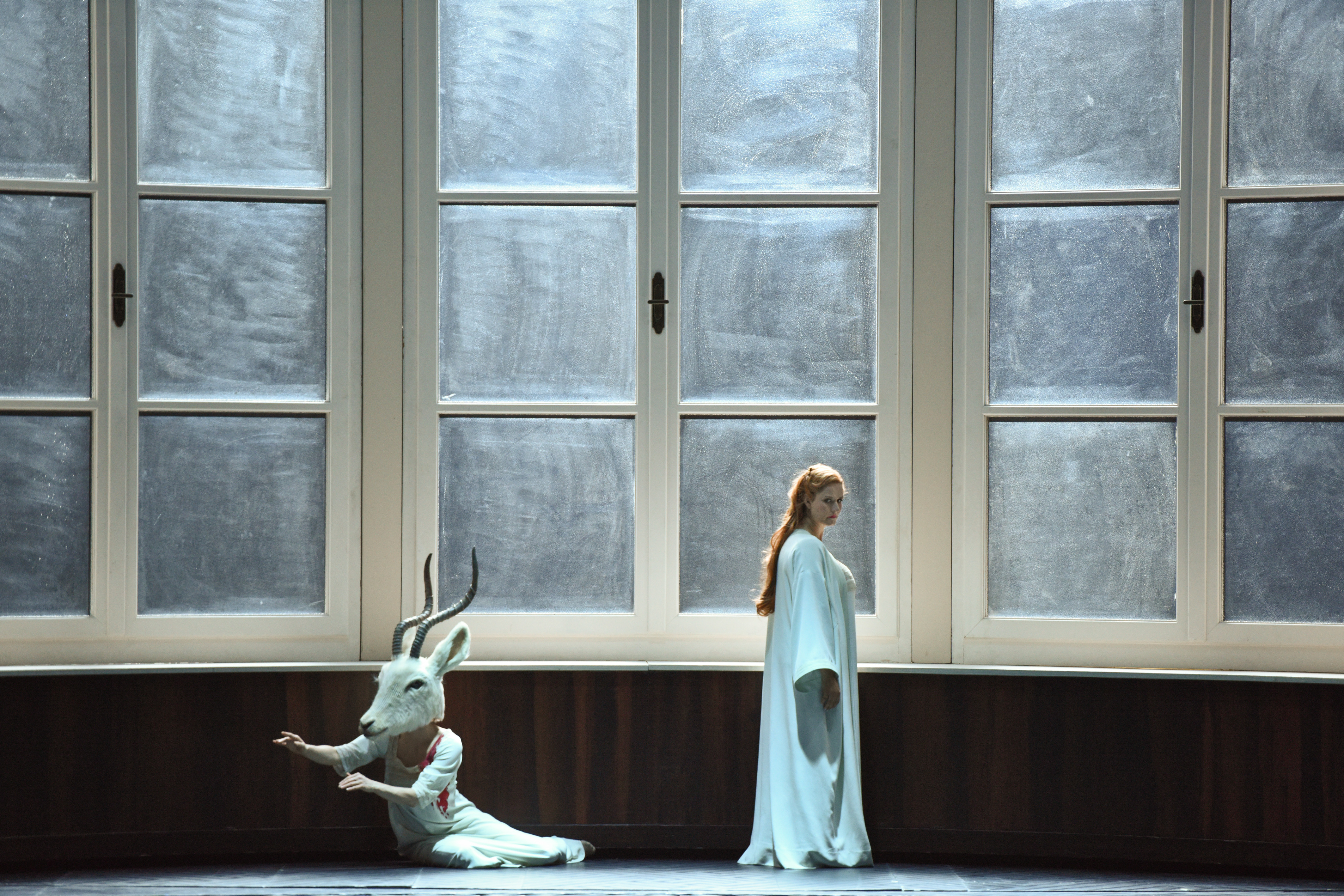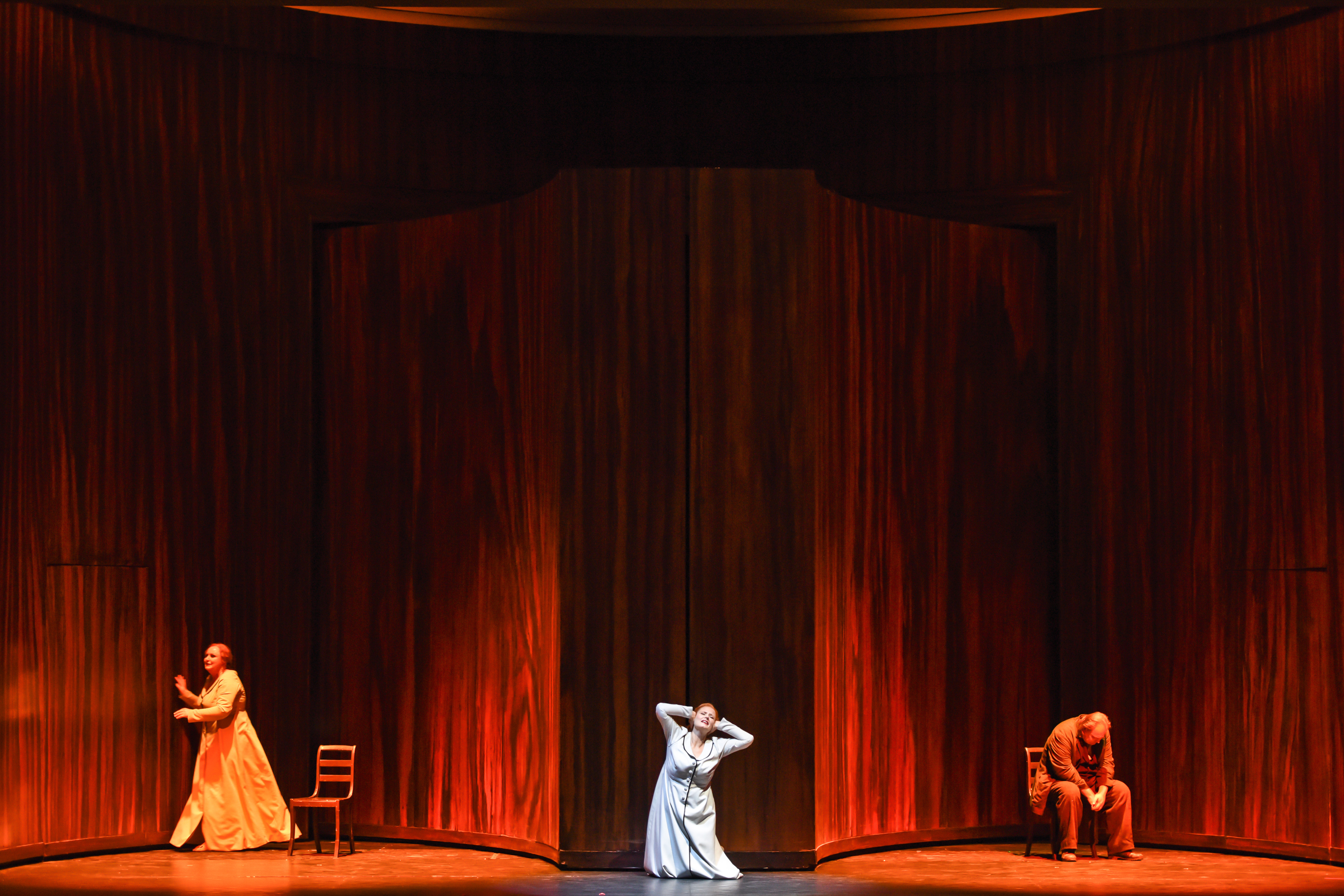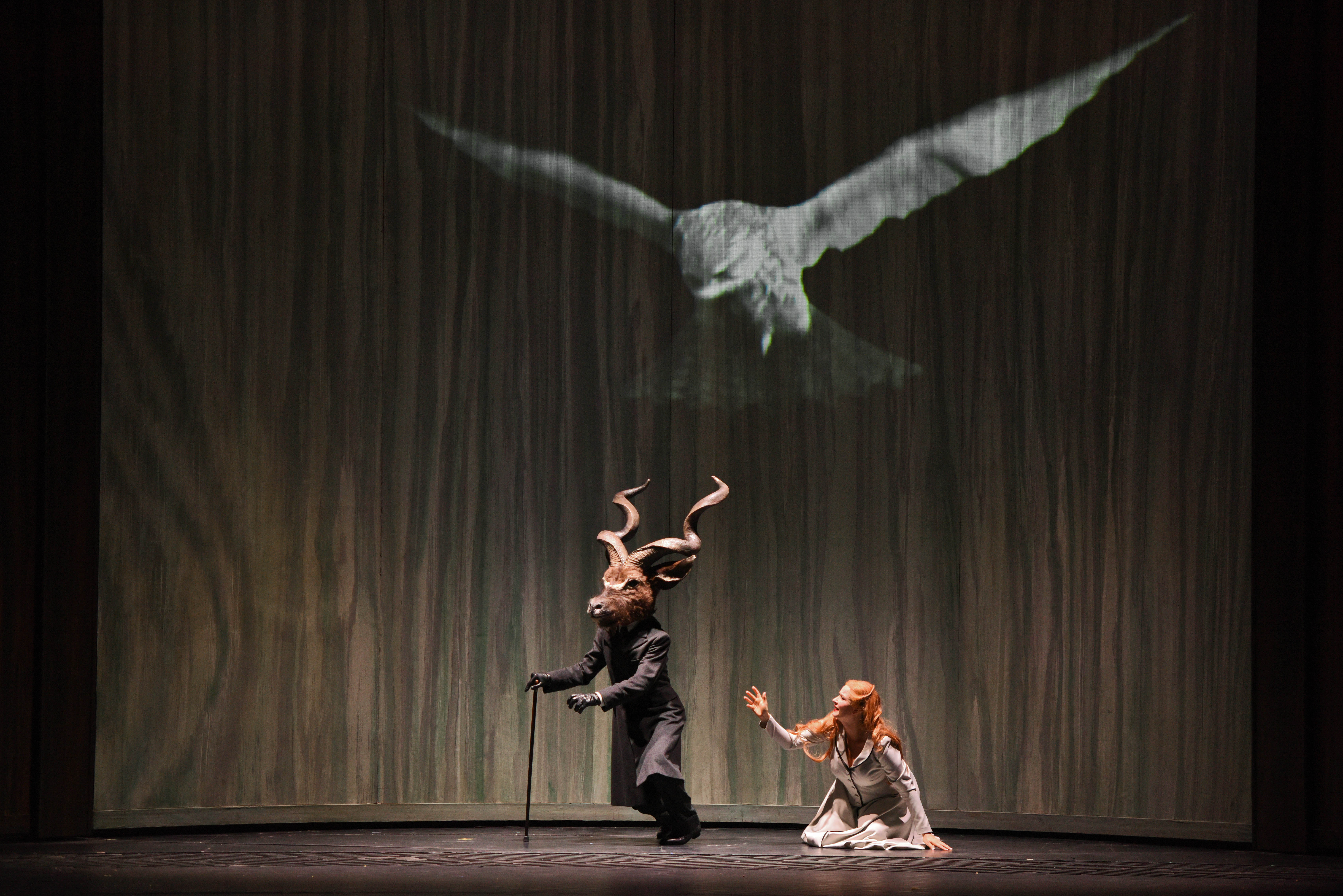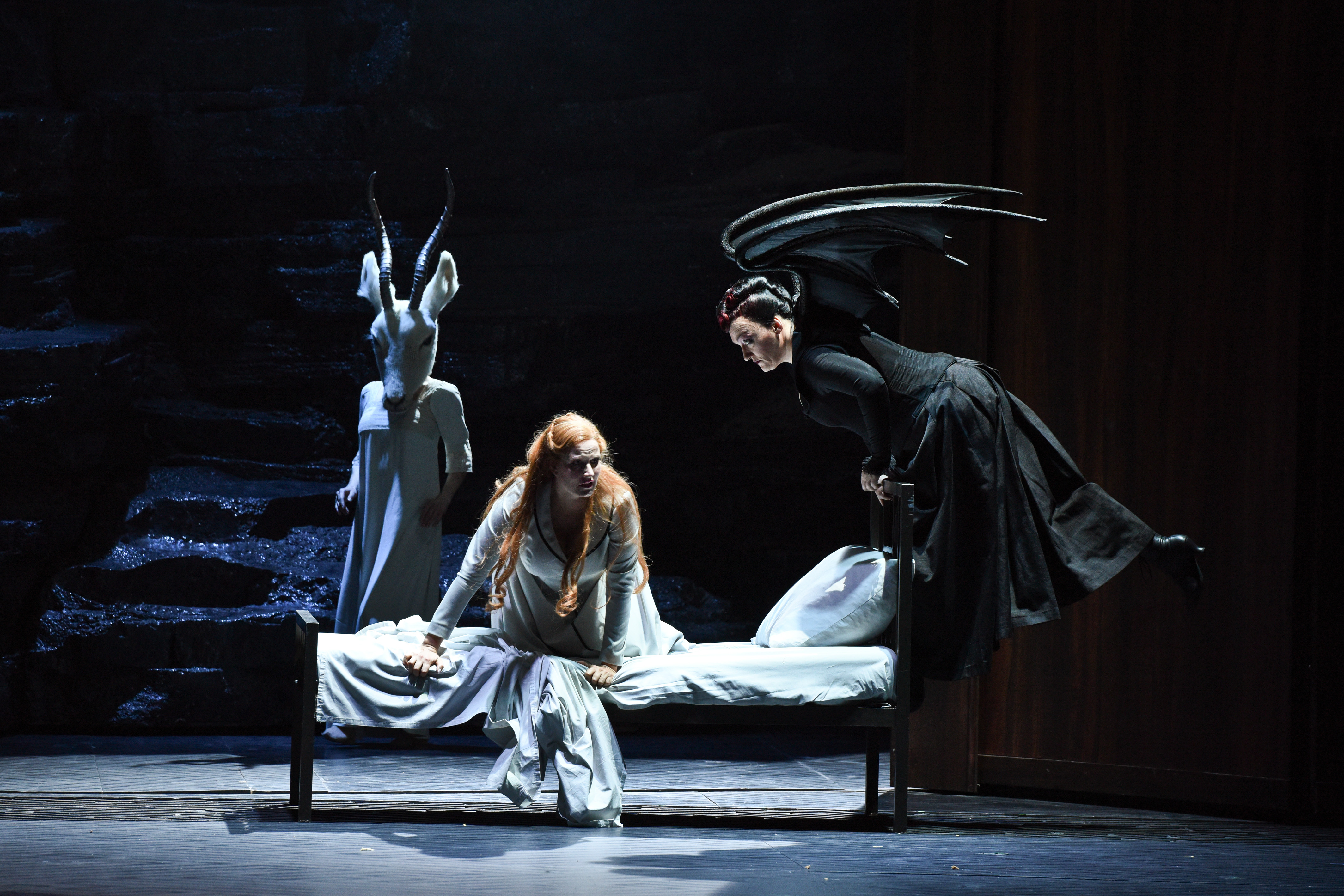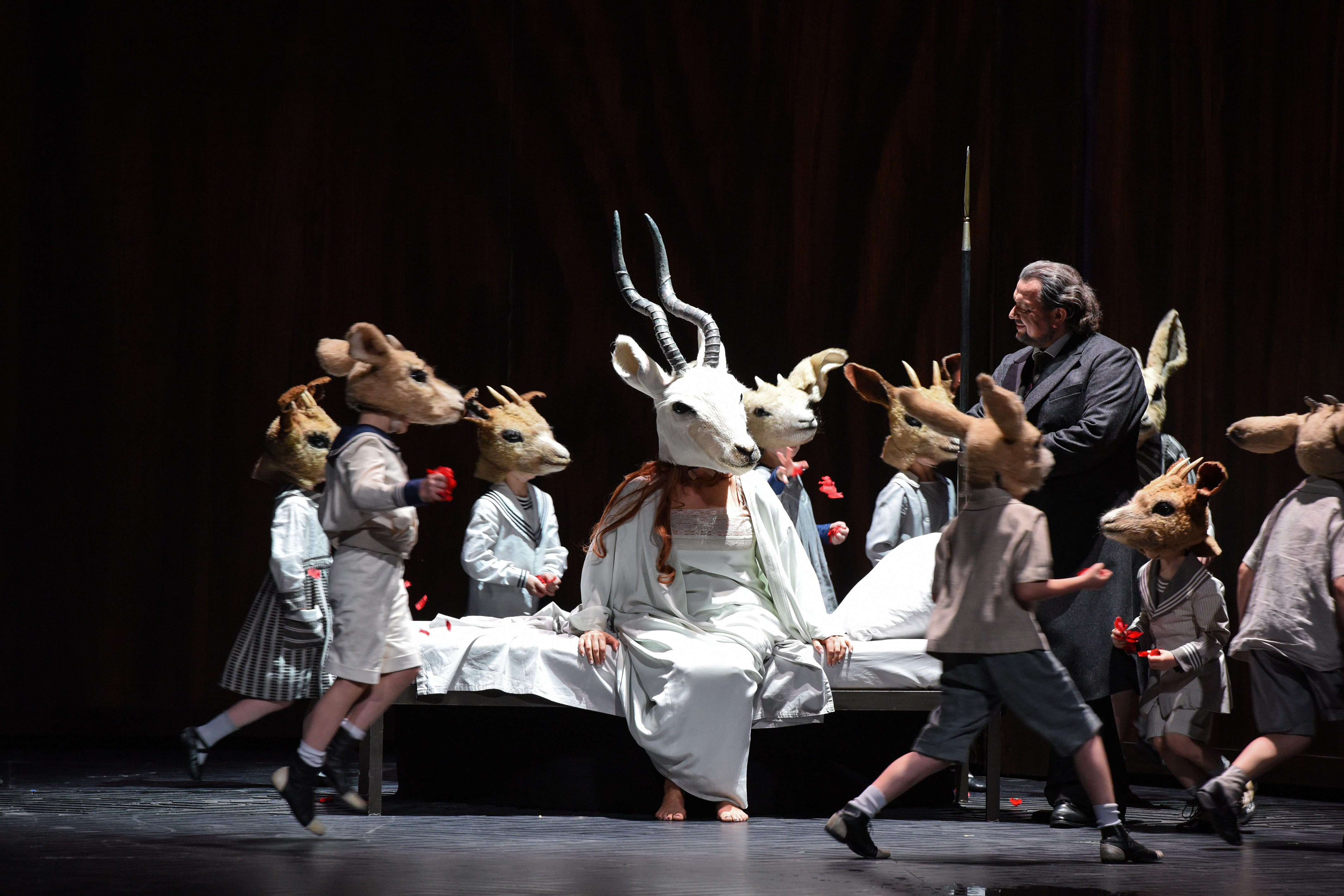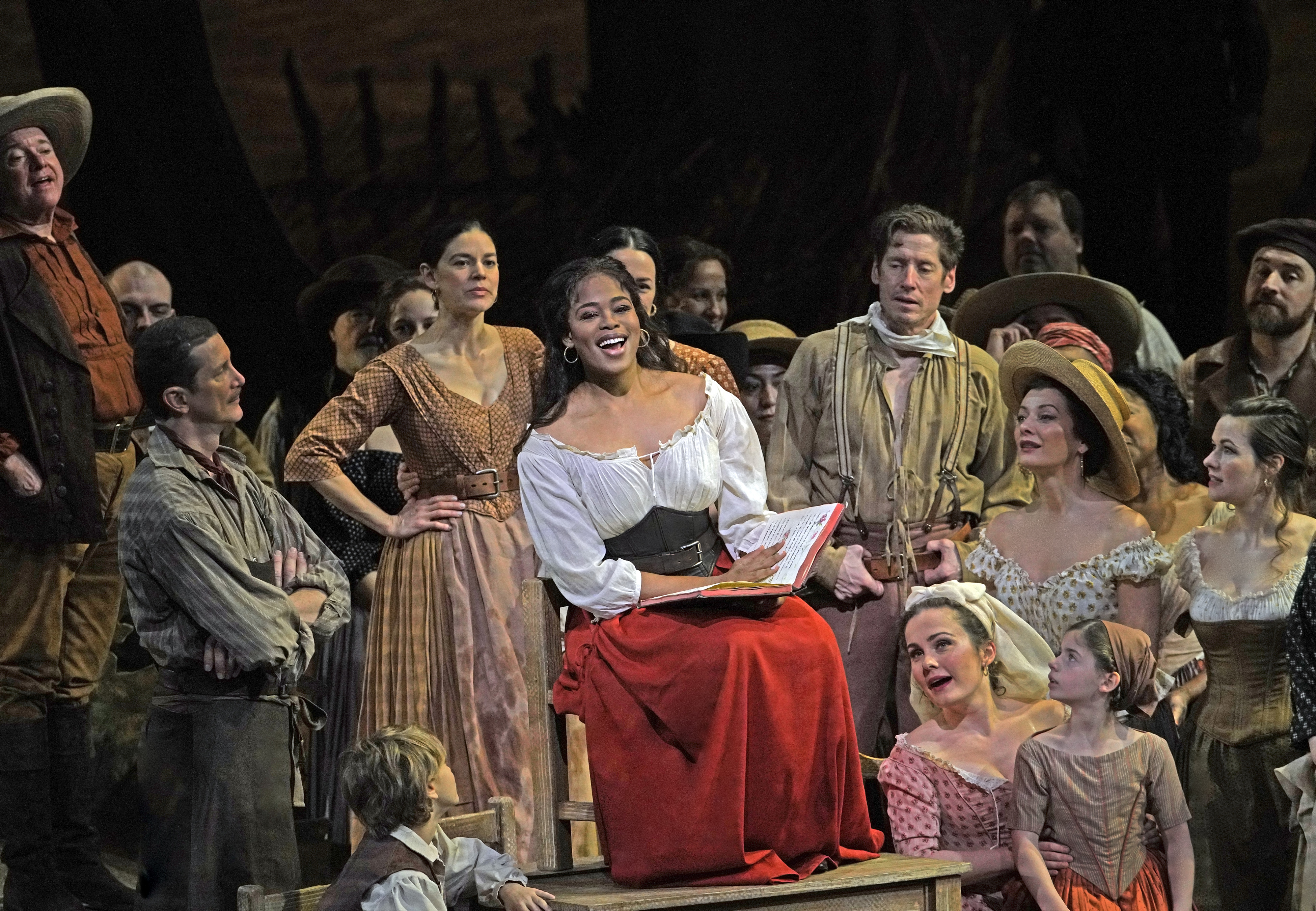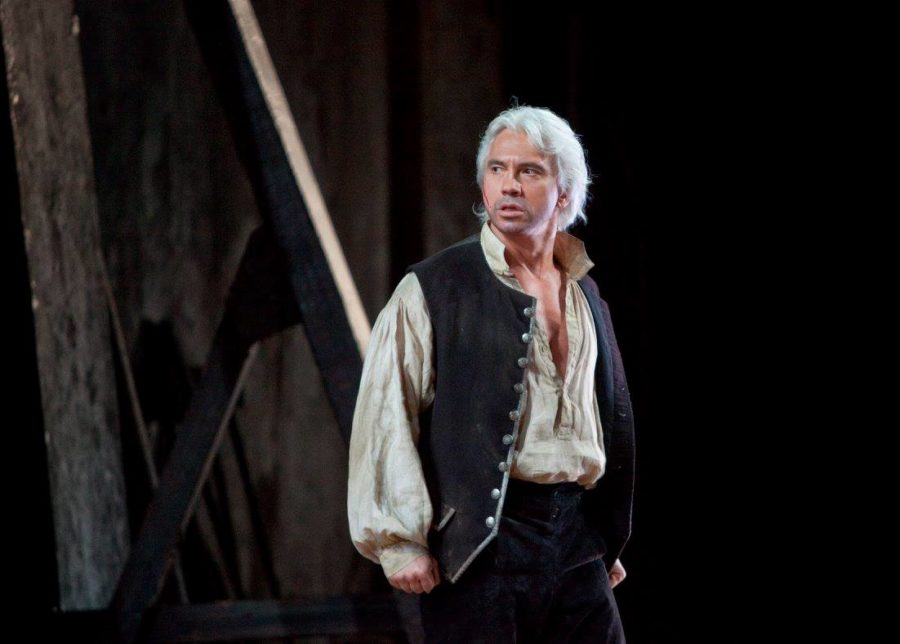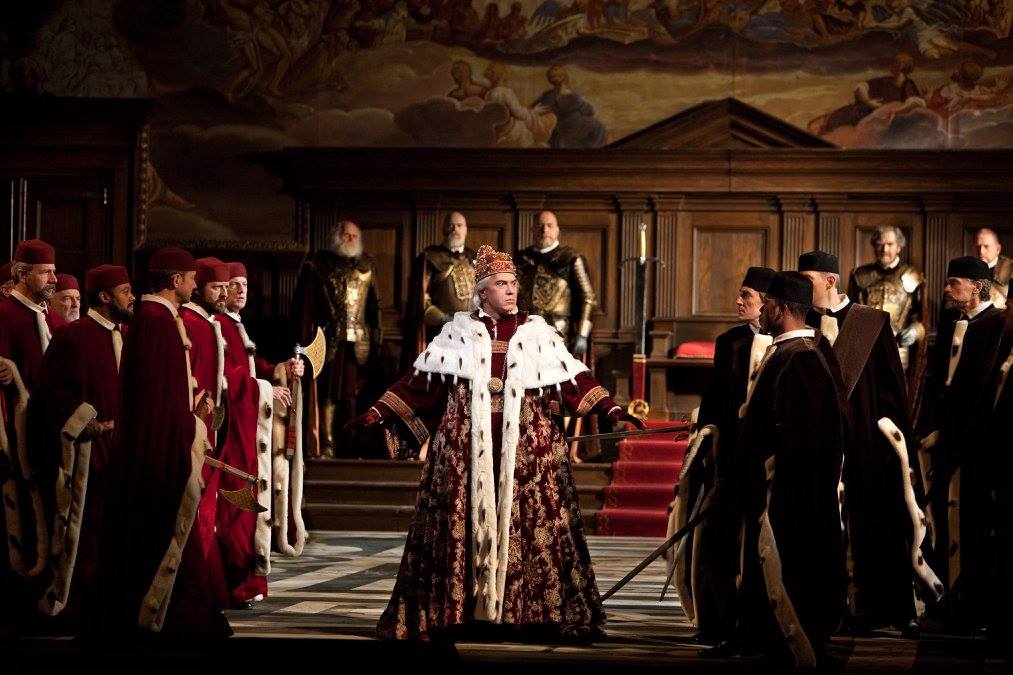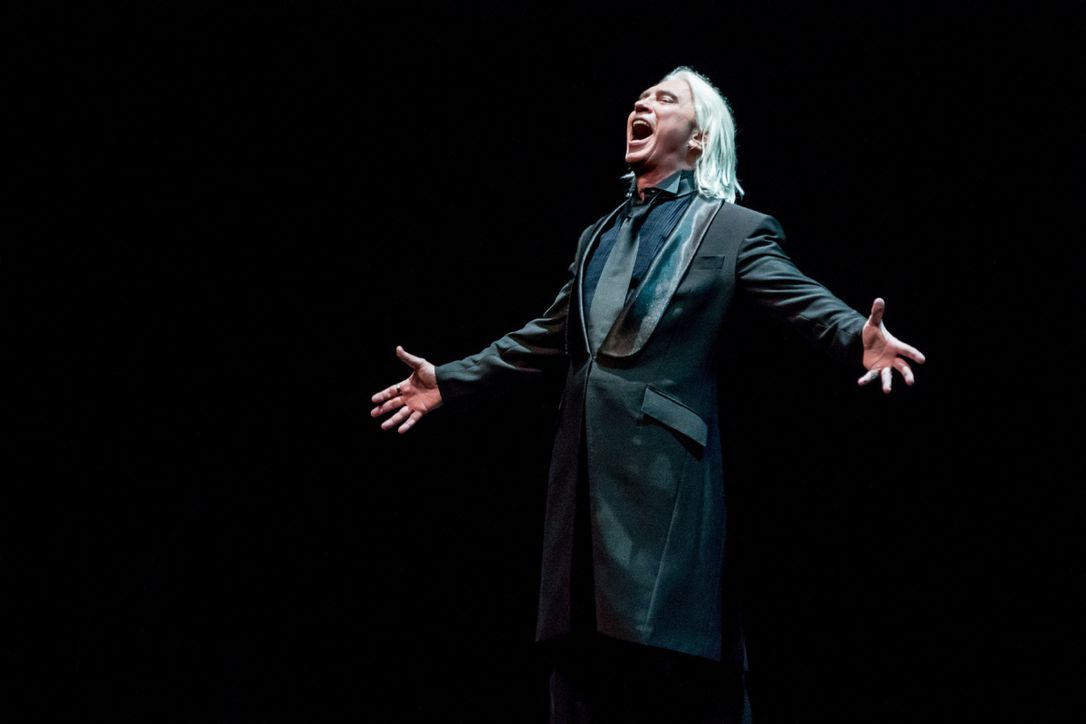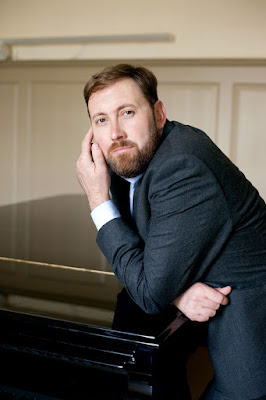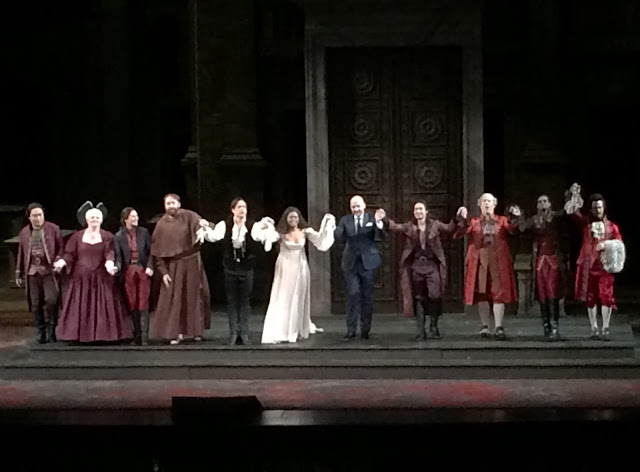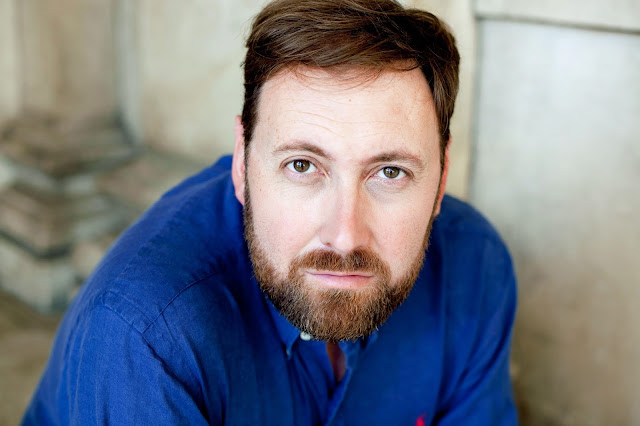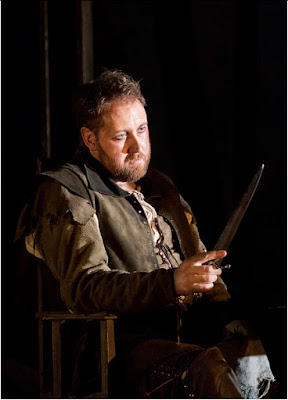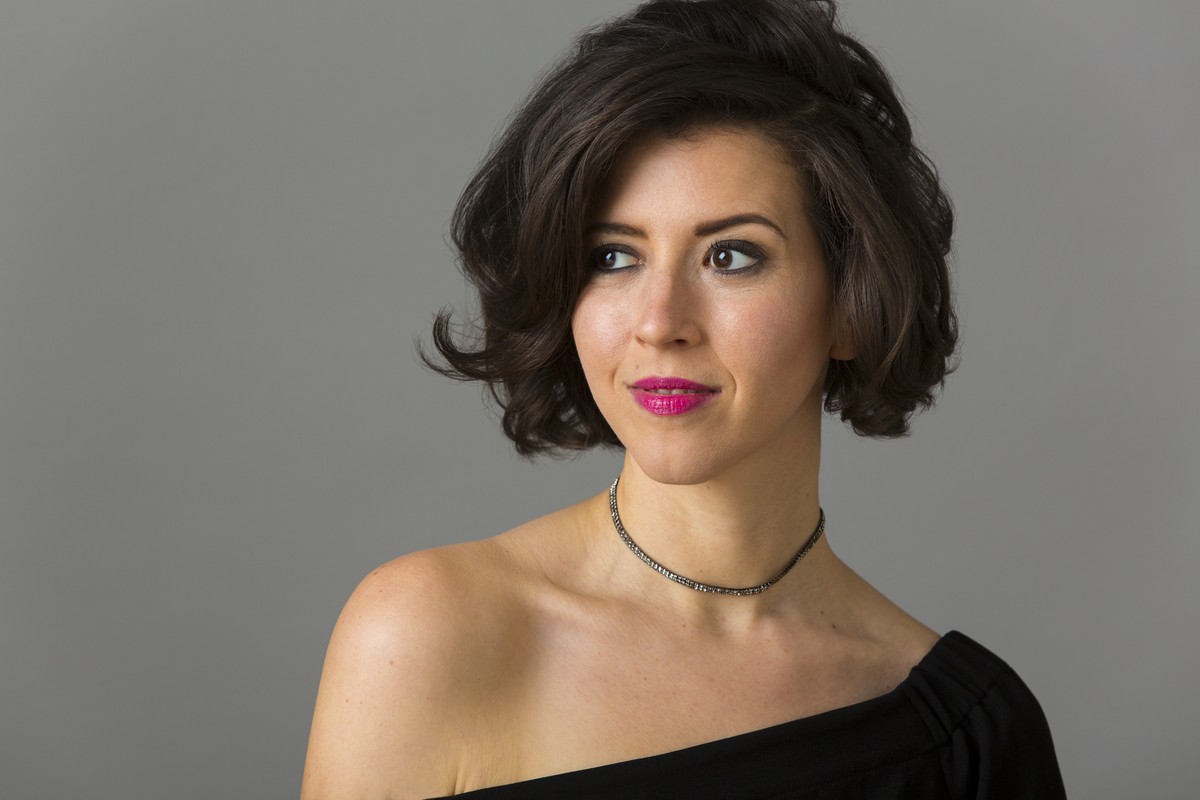
Photo: Jason Homa
Lisette Oropesa is a woman with opinions. Over the course of a lengthy recent conversation, the Cuban-American soprano mused on everything from the challenges and joys of directors and conductors, to the pressures of being a woman in the opera and online worlds. She is every bit as bold and vivacious off the stage as she is on it.
The New Orleans native was a winner of the 2005 Met Opera National Council Auditions and joined the Lindemann Young Artist Development Program, graduating in 2008. She made her Met stage debut in 2006 with Idomeneo (as Woman of Crete) and the following year, made her professional debut in a principal role, as Susanna in Le nozze di Figaro. Since then, Oropesa has appeared on the Met stage in over one hundred performances in a wide array of roles, including Amore in Orfeo ed Euridice, Sophie in Werther, the Dew Fairy in Hänsel und Gretel, Gilda in Rigoletto, Woglinde in Das Rheingold, and as her namesake in La Rondine. She has also sung with an array of North American and European companies, including Opera Philadelphia, Washington National Opera, San Francisco Opera, LA Opera, Royal Opera Covent Garden, Welsh National Opera, Opéra National de Paris, Teatro Real Madrid, De Nationale Opera, Amsterdam, Teatro dell’Opera di Roma, and La Monnaie/De Munt, Bruxelles, as well as a numerous festivals including Glyndebourne, Arena di Verona, Savonlinna, Tanglewood, Ravinia, and the Rossini Opera Festival.
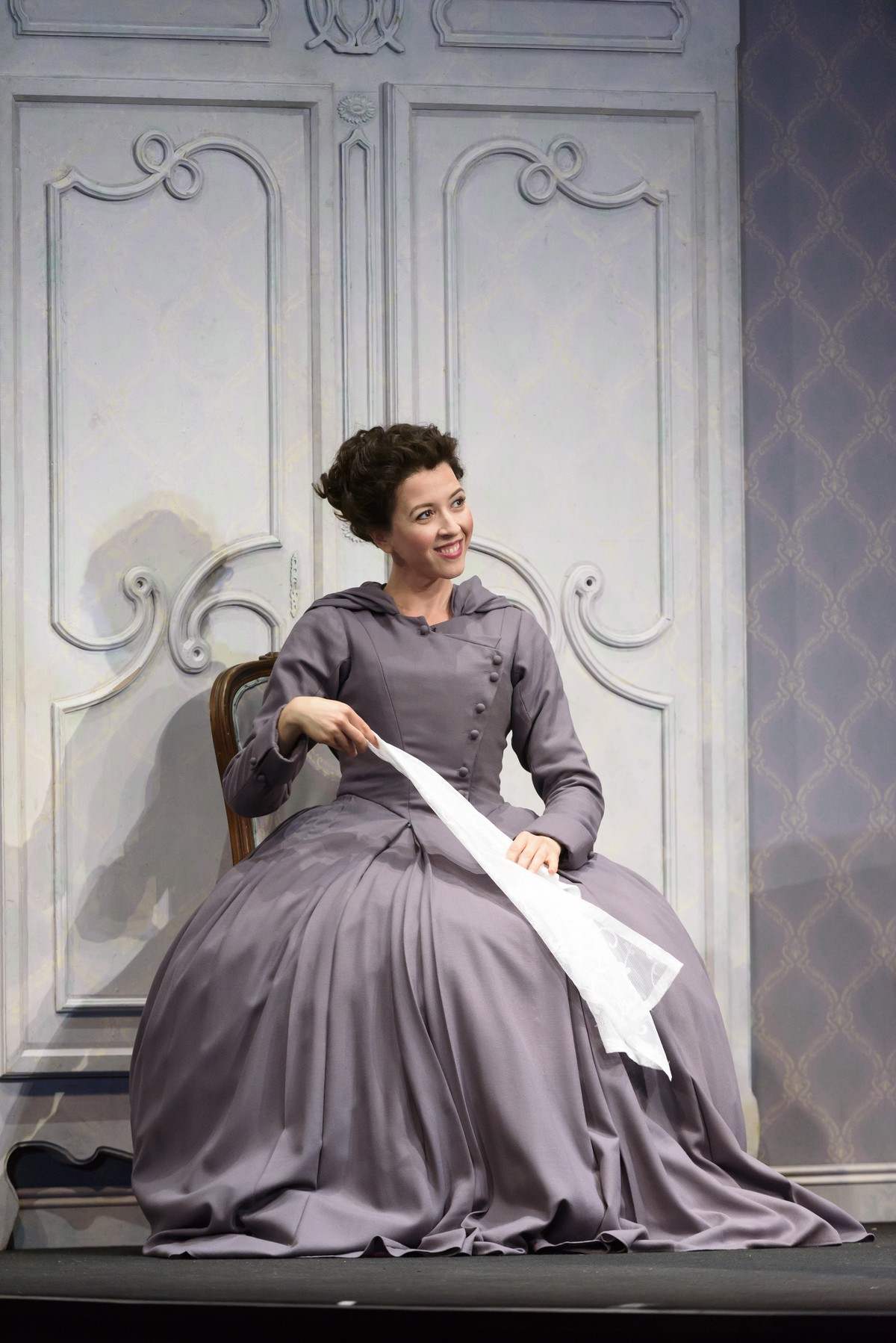
As Norina in Don Pasquale at Glyndebourne, 2017. Photo: Bill Cooper
She’s worked with a range of celebrated conductors (Fabio Luisi, Donald Runnicles, Sir Anthony Pappano, Carlo Rizzi) and equally celebrated directors (David McVicar, David Alden, Damiano Michieletto, Claus Guth, Andreas Kriegenburg), and has performed most of the great bel canto roles (Donizetti’s Lucia, Adina, Norina) along with French (Meyerbeer, Massenet, assenet, Thomas), Baroque (Handel, Gluck) and Verdian (Traviata, Rigoletto, Masnadieri) repertoire, as well as oratorio, recital, and concert work. Oropesa has also performed the role of Konstanze in Die Entführung aus dem Serail (The Abduction From The Seraglio), in Munich at the Bayerische Staatsoper (2017 and 2018) and will be appearing in the Mozart work again, at Glyndebourne next summer opposite Finnish soprano Tuuli Takala as Blonde. Next year sees Oropesa sings the role of Rosina in Il barbiere di Siviglia (at Opera Bastille) and will be giving a number of recitals and concerts across Europe, including an appearance at the Wexford Festival Opera.
Amidst all of this (or perhaps to because of it), Oropesa is a devoted runner and an advocate of healthy eating; she has completed numerous marathons, even as she has also been vocal about the ongoing issue of body shaming in the opera industry. A recipient of both the Metropolitan Opera’s 2019 Beverly Sills Artist Award and the 2019 Richard Tucker Award, her supple soprano is marked by an easy flexibility and incredible core of warm vibrancy that seems like a perfection reflection of her vivid personality. Those qualities were on full and lush display this past autumn when Oropesa appeared as the title role in Massenet’s Manon, in a revived production by Laurent Pelly. Opera writer Patrick Dillon wrote of her performance that “(t)he voice, with its seductive silvery glimmer, has enough colour to give it texture and depth and enough power to make Massenet’s musical points without straining.[…] She’s the finest Manon I’ve heard since the glory days of Beverly Sills.”
That isn’t to say Oropesa has been changed by fame – if anything, she’s one of the most upfront artists I’ve ever had the pleasure of conversing with. It’s rare and entirely refreshing to speak with someone so entirely, authentically themselves. Witty, original, passionate, with a ferocious intelligence and keen insight, it will be interesting to see where Oropesa goes in her career. This weekend (November 24th) she’s set to appear as Ophelia in an in-concert presentation of Ambroise Thomas’ Hamlet in Washington, before a return to the Met in February for Violetta in La traviata. We spoke just before the Tucker Awards ceremony in New York City last month.
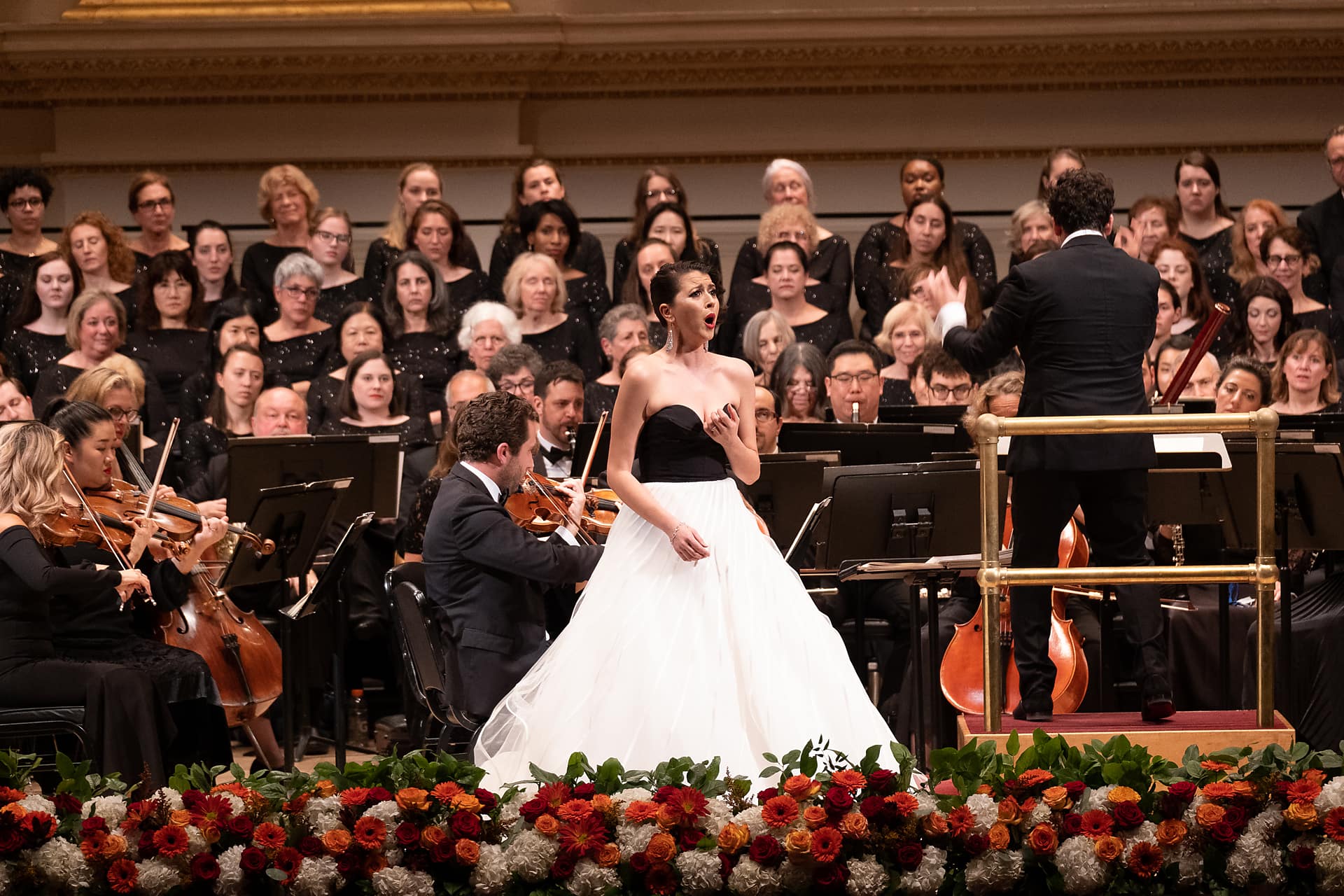
At the Richard Tucker Awards gala at Carnegie Hall, October 2019. Photo: Dario Acosta
What did you think when you learned of the Richard Tucker Award?
It’s pretty awesome, although it was a total surprise, like, “Really? are you guys sure?!” I always saw as a gift to somebody about to really take off, and I felt like I took off and never got the award – so I figured I was past it. They can only pick one year and there are so many singers having wonderful careers, I mean, they just have to get the right person at the right time. I’d already made debuts at the Royal Opera, La Scala, Paris, I’d been signing at the Met, and thought, “I’m too far in my career now.” Some said they felt I should’ve been given it before, but really, who’s to say it’s more overdue for me than for anyone else? Tons of brilliant artists deserve it – I wish they’d give ten awards instead of one, but it’s hard to raise the money.
What’s the benefit of receiving the award for you?
Whenever I’m at home in the States, I teach and go to universities and I always talk about the business as it is right now, because (the students) get a perspective they don’t always get from their teachers or a traveling coach. Maybe eventually, when I exit performance, I will become a teacher because I really enjoy it. I was thinking about how to use the grant in the best way; it’s easy to say, “I’ll spend it on myself” but I’d really like to set up a scholarship at my school. I haven’t made any promises yet; I don’t want to anticipate something that isn’t necessarily going to work. I have all these ideas but $50,000 doesn’t go very far.
The investment in a classical career is immense and long-term and doesn’t guarantee a payoff.
Yes, and it’s very disheartening. You get to the point where you literally run out of money and you have to figure out what you’re going to do, and hope your parents or a rich patron will help you for those years of your career. In the middle you could have a slump too, initially doing well but then someone else comes along who has a whirlwind around them so you may lose work to another artist, or you may get pregnant and have to cancel a year and a half’s worth of engagements. I’ve never been pregnant, but I’d imagine deciding what to do in that situation is hard. I don’t have kids because it was never my calling to be a mother; I thought about it for five minutes. I thought, “If I want to do this and have a child, I can’t do both.” It’s an investment in my part. It may take away a certain aspect of my life, but I say “no” to this so I can say “yes” to that.
Women – especially female artists – can be held to a different standard, especially if they’re in the public eye in whatever capacity.
Right now, in the heat of the #MeToo movement, everyone thinks it’s just about harassment – that’s a big part of any industry and there’s no reason ours should be any different – but there’s more to it. We struggle with objectification, and yes, being held to a different standard. When you’re at a rehearsal and tossing out ideas to a basically all-male cast, you’re almost always in the minority as a female; the director is almost always male, the conductor almost always male, and you, as a female, have to assert yourself or completely do the “Yes sir, whatever you like” thing. It’s very tough, because when you want to say something or have an idea, you are perceived as a diva or a bitch; you’re considered “difficult.”
… because you’re not genuflecting. It takes a lot of confidence to pipe up; you feel very alone in a very entrenched culture that isn’t entirely conscious of its own architecture, and sometimes doesn’t want to be.
Totally agree. I’ve never been harassed in the sense of, “if you don’t do this, you won’t get that” – the quid pro quo situation is not that common. But it’s the subtle things; they are real and happen all the time – the winks, the compliments, the “Sweetie, I love that dress on you” and “Damn, you look great in that low-cut blouse” and “You have such nice legs”… I’ve never thought of it as harassment in the sense of it making me feel miserable or bad about myself, but as women we get to the point of tolerance, so our threshold for that kind of thing is much higher.
https://www.youtube.com/watch?v=WsHeOHf6VcY
I think it often has to be in order for us to function. The system has been set up so that a woman often can’t (or won’t) adjust that threshold of tolerance because of the related cost being too high.
Exactly. When you’re’ desperate and hungry, it’s different. And hey, I’ve seen and been in situations where I felt women were taking advantage – that doesn’t mean they’re bad people. I’ve also seen successful women behave and talk and dress and flirt a certain way and I think to myself, why? At this point, it shouldn’t be necessary. And it’s such a cheap trick. It’s low-hanging fruit! Any gorgeous woman can use it to advantage – and how many women can have careers doing that? Sure it has power, but it’s old feminine power. We have new feminine power now that is intelligent, perceptive, open, emotional, clear – instead of this boring, age-old adage of, “I have big tits and a nice ass and that makes me powerful” – no, it means you have a certain body type, but that’s not your power.
It’s power tied to male gaze.
Yes, for sure.
It’s important to be cognizant of the fact that power greatly depends on the culture you’re operating in, and the ways an artist can sometimes be boxed in by old cultural definitions. Have you ever felt you were put on the spot in terms of being a cultural spokesperson?
I think people have a need to label. They just do. I had this question the other day: “If you had to define your voice type, can you give me a word?” And I thought, hmmmm. People have a need to label, as with race and ethnicity and sexual orientation, everything has to be defined. Mine’s simple: both my parents are from Cuba. I spoke Spanish growing up. I’ve always said I was Cuban-American. It’s honorable. If they say, where are you from? I don’t take offense. I speak Spanish and have a Cuban accent when I do; I listened to Latin music and watched Latin TV growing up. People will go, “Oropesa, what is that?” It’s an honor to my parents and grandparents with whom I spoke only Spanish and I’m proud of it, but at the same time, does it make me a spokesperson for Latin-American singers? I don’t think of it as a negative thing. People have asked me if I think being Latin in the U.S. has helped me in some way, and yeah, actually I do think it helps, but it also helps that I look white! You can’t look too Latin.
Jemaine Clement has said something similar, that “(a)s a pale-skinned Māori person, I felt like a spy as a kid.”
Yes, we “pass for white,” so to speak. Not all my family is like this; there’s a brown side. My grandmother is beige. My father was quite dark. I have one side very Barcelona European, so I have that look, but have another side with more beige, but I don’t care. I think it’s beautiful. we come in all colors of the rainbow, and can be whatever we choose to represent and put out there.
People want to see a Hollywood representation of exactly the setting given by the composer, but the problem is, these operas have to be sung – they’re not paintings, they have to be performed by singers. And while it would be lovely as close to a racial dial as possible, sometimes it simply doesn’t exist at the time. When you think about how often people are putting on Aida… it’s put on everywhere, and there are not enough black Aidas in the world to go around! And it’s a problem for black singers; if you’re black, should you only sing black roles? If certain stories have race as an important aspect of the drama, then yes, either you get a black Aida, or you paint someone to look black, because if you make a white Aida then you’re not helping black singers, and you are making excuses for black singers not to get hired.
Russell Thomas said something very similar to me when he was in Toronto for Otello last winter. He said the character “just can’t be white—it doesn’t work dramaturgically” and if that does happen, then “minority artists will lose out every time.”
It’s true. I have friends who have talked about this at length and I’ve spent time reading thousands of the threads about this, and they said, basically, that if you don’t paint Aida black, you’re painting the way for no more Aidas, and paving the way for fewer opportunities, because you’re cutting out a big piece of the pie. It would be like not making Porgy and Bess all-black. I wish there was blind casting. That’s how it was when I played the flute – it was behind a curtain, no one could see!
When I spoke with Lucia Lucas earlier this year, she said the same thing about blind auditions. But some people say they need to see how a performer moves, their expressions, if they have a certain presence.
That’s what opera has that other art forms don’t have: the musical aspect and the dramatic aspect. It’s that combination, and it’s why singers have to look a certain way. Either you live in it or you don’t. It’s complicated, because we want to say these issues exist but we don’t get to the point where we’re censoring opera and ignoring race and acting like its not important or not valid; we don’t want to get the point where we’re rewriting operas and censoring them. We want these pieces to stand as representations of what was happening at the time. Yes it’s hard to see some of these works, but this is why theatre is exciting. We want to be part of it, but if we go too far in one direction, the backlash is a swing to the other direction, and that’s a problem.
Good directors can sometimes inspire a reconsideration of a piece within the broader context of the issues you mention. What’s been your experience?
I’ve done two productions with Claus Guth – for the first, I jumped in at the last minute for his Rigoletto-in-a-cardboard-box, which I thought was brilliant. I learned it in one day! His assistant was incredible; she answered all these questions I had, and was great to work with. I did his production of Rodelinda in Barcelona as well, and he came toward the end and shared a lot of things. For one character, he’d envisioned and staged him to have a limp and an eyepatch and to walk with a cane; he was the bad guy. When Claus came to rehearsals, he saw the guy singing that role (bass-baritone Gianluca Margheri) was gorgeous and buff, and just was not believable as this hunched-over, weak, bad guy with a chip on his shoulder, so Claus re-staged the entire role. I thought, wow, it takes a lot for a director to do that! Not all of them will – they’ll say, “Sorry, you don’t fit my vision!” and make you feel like shit, or fire people. Sometimes they’ll say, “What’s wrong with you? Why can’t you fit?!” and it almost never ends well.
The super-successful directors are so busy and they can’t be everywhere, and Claus is a good example of that. For this Met production of Manon, I never got to meet (its director) Laurent Pelly, but I worked with his assistants. If Laurent had been there, he might’ve made changes – the original singer (for the production) was Netrebko, and we couldn’t be more different, but assistants aren’t authorized to change costuming or stage traffic What do directors do? Everything, from ruining things you want to do, to bringing out the best in you to make you think or sit back and let you stage yourself. Everyone is different.
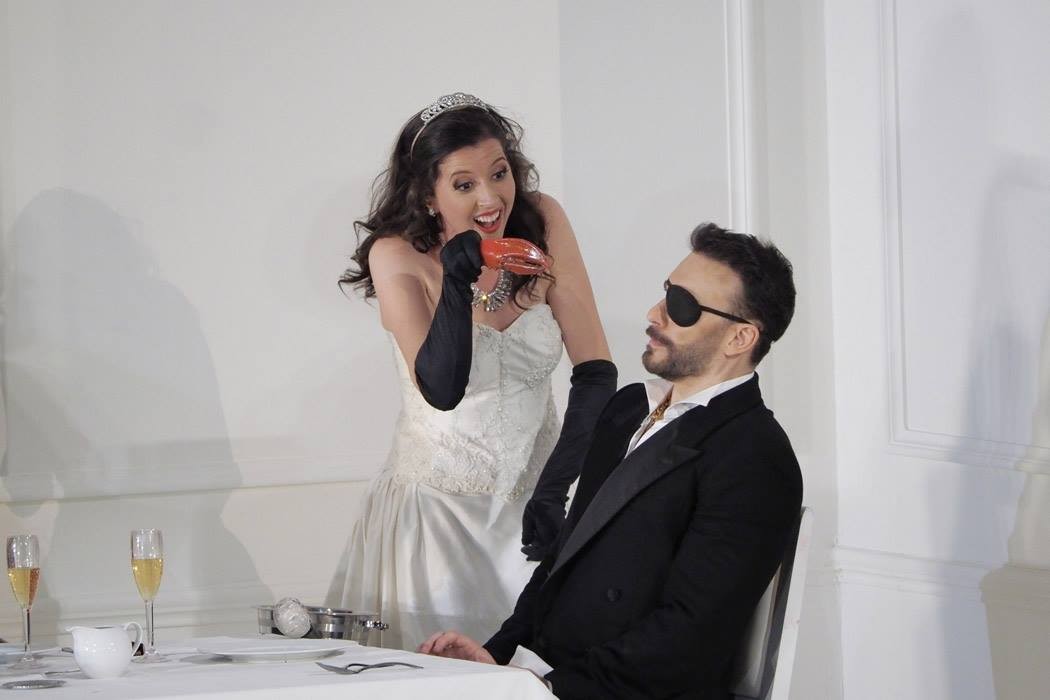
As Rodelinda (with Gianluca Margheri as Garibaldo) at Gran Teatre del Liceu, Barcelona, 2019. Photo: A. Bofill
That echoes a singer’s relationship with a conductor, which can be even more intense.
It certainly helps to have a good first few rehearsals. If they rip into you initially, they’re asserting their authority and I’ve learned to sniff that out and not take it personally, but a conductor who is willing to listen to your ideas without you having to spell them out all the time is nice; a conductor who is willing to lead when they have to lead, and follow when they have to follow is even better. Some only lead, some only follow, and there’s a valid place for both.
I like being led by a conductor when I’m doing something I really know well. When I could roll out of bed sick and sing it no matter what, I’m happy to have them lead and do what they want; if I’m doing a role I need help with, to ease me in some places and push me in others, then I like to lead, and that’s there’s lots of subtle things with that. There are also the ones who don’t listen, or don’t follow, or know when to follow, or they insist on leading even though they know you’re not following them, or they don’t perceive you are struggling; there are some who aren’t perceptive, and that only comes with musical sensitivity.
I’ve had experiences where I’ve thought the conductor hated me for weeks, and then the production turns out to be a huge success, but it’s usually because I’m on my toes and scared to do anything wrong, and in the end it meshes together. And the audience doesn’t know what happens before – they don’t care if you’ve been through six months or hell with this guy, and they go, “Oh wow, so beautiful! What a wonderful collaboration!” and you think, my God, you have no idea.
Opera is an art of true collaboration – do you find the nature of those collaborations change over time? I would imagine the nature of collaboration changes depending on the context in which it unfolds.
Context is everything as a singer; it’s probably more important than anything else. The next biggest thing is your preparation. You can bring all the preparation in the world: you will get there, and the conductor will be difficult, the director will be challenging, your colleagues you may not mesh with, you might have a theatre that does not support your rehearsal process, you might have a coach who make you do different things than you want, you may find your costumes uncomfortable… this is all the stuff audiences don’t know or understand. They’re at the end of the marathon waiting for you to finish; they don’t see when you fell and what it took to get there. It’s why you have to be a very strong person. Your audience may start shooting bullets and they may feel entitled to like what they saw – they paid a lot to see it – and they’ll throw a lot at you, and you have to process that. Most of us try to improve and keep going through the run. Your heart has to be protected.
Part of that is context involves social media. You have said you try to minimize technological interaction; how do you balance an authentic portrait as an artist and keeping up engagement?
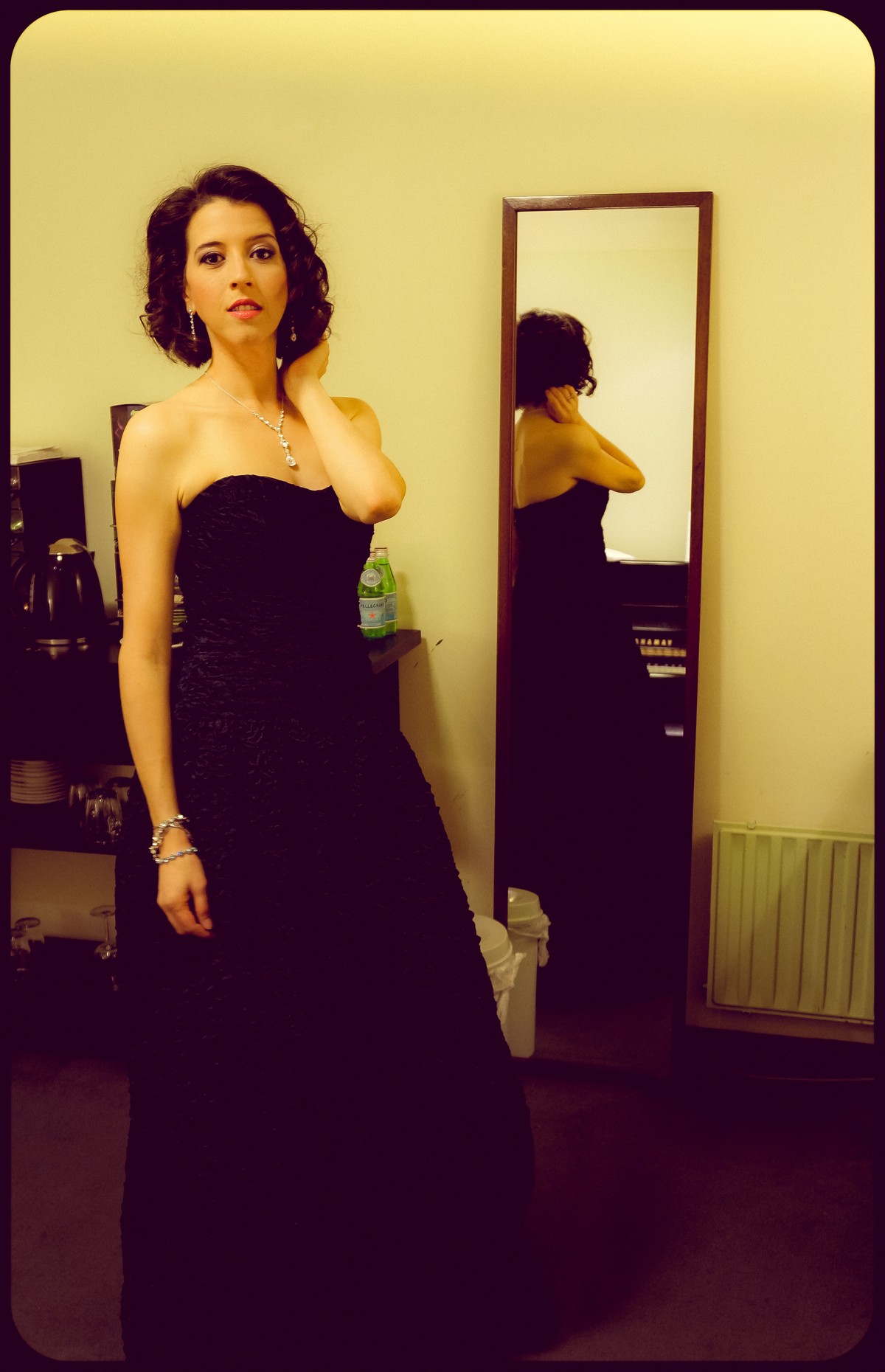
Backstage at Concertgebouw Amsterdam during a 2015 in-concert performance of Rigoletto. Photo: Steven Harris
I control all of my social media – it is completely organic and controlled by me and my husband. Steven’s a web developer so I’m lucky, and he’s smart about the right kind of posts, making sure the information is on there, and the cast is there too, so you’re getting information and the right content, and he’ll run things by me first. If I want to write a message, he’ll come to me, and then we’ll share ideas. I try to engage everyone and respond to comments. I don’t get to all of them, but try to say “thank you.” I get a lot of sweet messages on social media and I don’t want people to feel they’re not being heard.
As far as Instagram goes; it has a stupid algorithm. If you want to get on the feed you have to post a lot, and always post those thirsty photos, but there’s also a psychological element. If Stephen and I go to pick a photo for Instagram, he’ll look through my pictures and say, “Well, people tend to stop on photos of faces, so if you have one of your face, let’s use that.” So even if I feel like I want to post a great photo of a flower or a sunset, I know it won’t get as much traction – I mean, sure, you can do it for yourself, but if you want to reach more people, you have to find things the algorithm supports. It’s artificial but the platform wants you to be somehow authentic.
A pastiche of authenticity…
Right, “authentic”… then it becomes that old idea of power we discussed. I feel sorry for girls who have that look because they learn early on in life, “Here’s my currency; this is my only currency” and they market themselves as that, and then in opera, it’s almost an afterthought: “Oh, and I just happen to have a voice.” I’m the girl who always grew up overweight and never popular, so I see it from a distance; it must be so hard to keep up. What happens when it fades? In ten years or less another one will take the place of this girl; it’s so short-lived. You may make a crap ton of money, retire early – who knows? – I feel like it’s a shame, that age-old trope of “beauty = value” because it pressures who who aren’t so beautiful and sends a message of, “you’re secondary in importance because you don’t have that one thing.”
It also entrenches old definitions of beauty, because “beautiful” … according to whose rules? There are many people who don’t fit that old definition, and so what? Opera is well-positioned to challenge precepts, as Kathryn Lewek did. It can’t exist to entrench old ones; it needs to destroy and rebuild them into something more accurately revealing and reflecting our world, or so I want to believe.
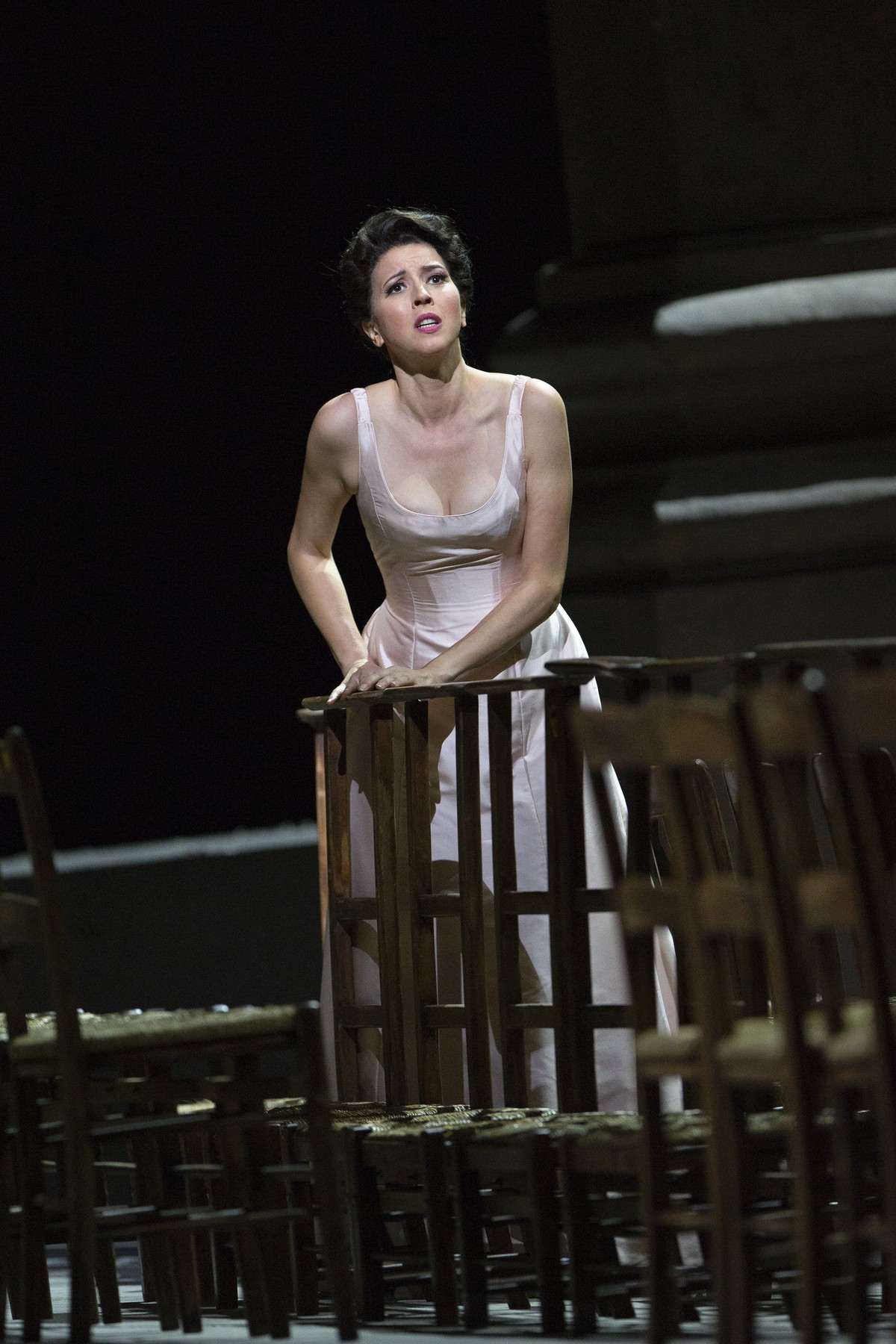
As Manon at the Metropolitan Opera, 2019. Photo: Marty Sohl
“Beautiful” is so much about perception. Some people think Claus’s productions are beautiful, some think they’re ugly and dark. I have learned so much doing Manon in terms of all this. After we opened, I read the reviews and feedback, and a lot of the things I read were negative, the gist being that I am not sexy enough to play her, I’m not beautiful enough to play her, I’m not convincing as the object of every man’s desire – I read pretty much that exact quote. And that really hurt.
Yes, there is a world in which Manon is just a man-eater, but there’s also a world in which Manon has something about her, like, it’s not that she’s the most obviously gorgeous woman physically, but the fact she’s mysterious, she’s fun, she has something about her. It’s hard for some to accept that. There’s this attitude of, “I went to the theater and didn’t get a boner, so it’s crap!” I used to think of myself as very ugly, and that child is still inside. When I think I’ve gone to all this trouble to be confident in my appearance so my body and voice could finally match, and people are still going, “Oh even at a size 4 she’s not hot enough” I think, fuck this, I’m going back to eating ice cream!
It’s vital those definitions be remade, especially in an art form notoriously adverse to change.
I never tell young singers they need to lose weight. Never. That person may go do it and still not be hot enough for somebody – if you’re going to do it, do it for your health, but do not do it for your career. It won’t change anybody’s perspective of you. You can be cute in a size 16 or a size 2. If you want to force yourself into sexiness, fine, but accept who you are. Some people don’t think I’m a sexy Manon and I just feel like… that’s not who I am.
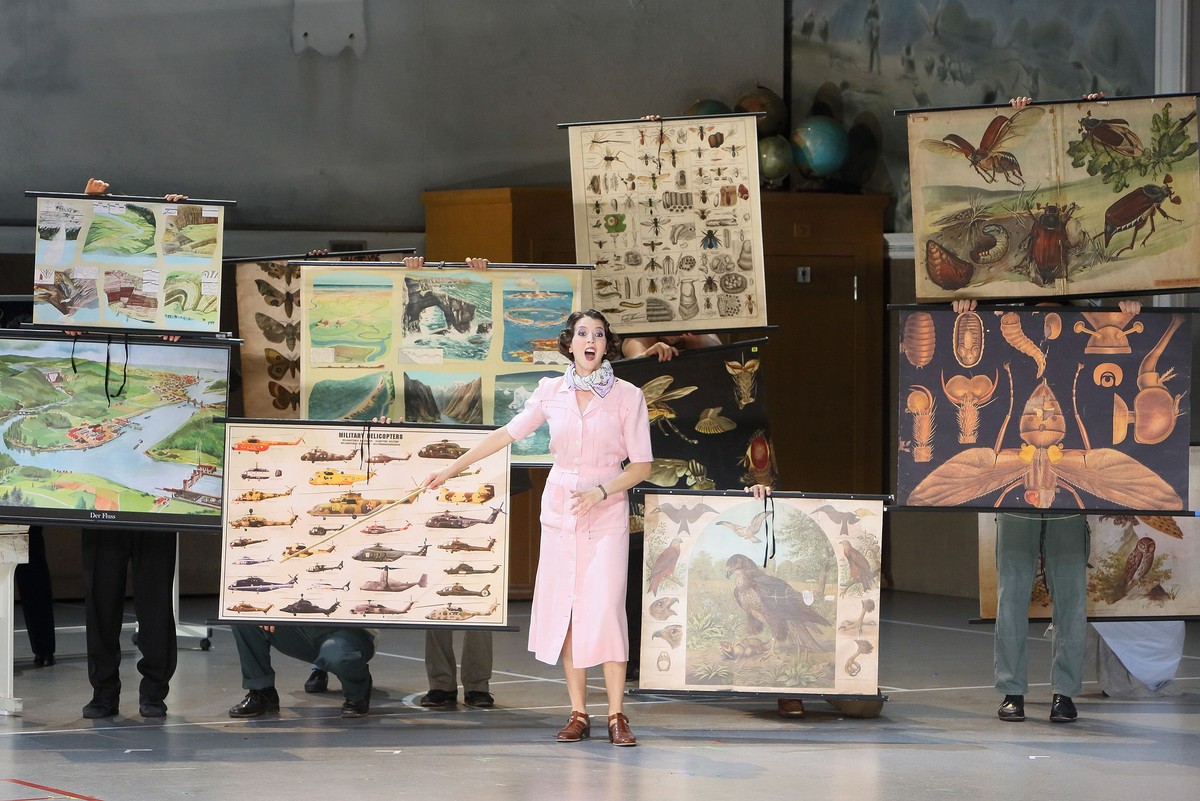
As Hébé in Les Indes Galantes at Bayerische Staatsoper, 2016. Photo: W. Hösl
Again, “sexy” according to whom? There are these very conventional ideas that Carmen has to be hot, Manon has to he hot, Violetta has to be hot – who gets to decide what is “hot”? I want to believe some will feel a woman being her authentic self is more attractive and desirable, onstage or off.
Carmen is a perfect example! It is the most stereotypical concept to approach it as, “she has to be this hot woman, it’s the only way she’s believable!” – and the same with Manon, this attitude of, “she has to be the woman des Grieux would give up his life for.” So she has to look like Kim Kardashian?” It makes him look stupid. It makes him look shallow. Then you make her shallow, and people hate her even more. I mean, yes, Manon is an opera about a selfish bitch, and people can’t handle that, they want to see a victim, someone pliable,a woman who’s willing to please. But it’s also why people argue about opera – I’ve never seen more polarizing perspectives than in doing this opera.
I think of Natalie Dessay, who I love and who is not conventionally beautiful but my God, you couldn’t take your eyes off her! And she didn’t pose her way through a role, ever; she wasn’t standing on stage posing this way and that. That’s the example that needs to be out there, because that’s the kind of artistry I want to see in the world, for women and men alike.

